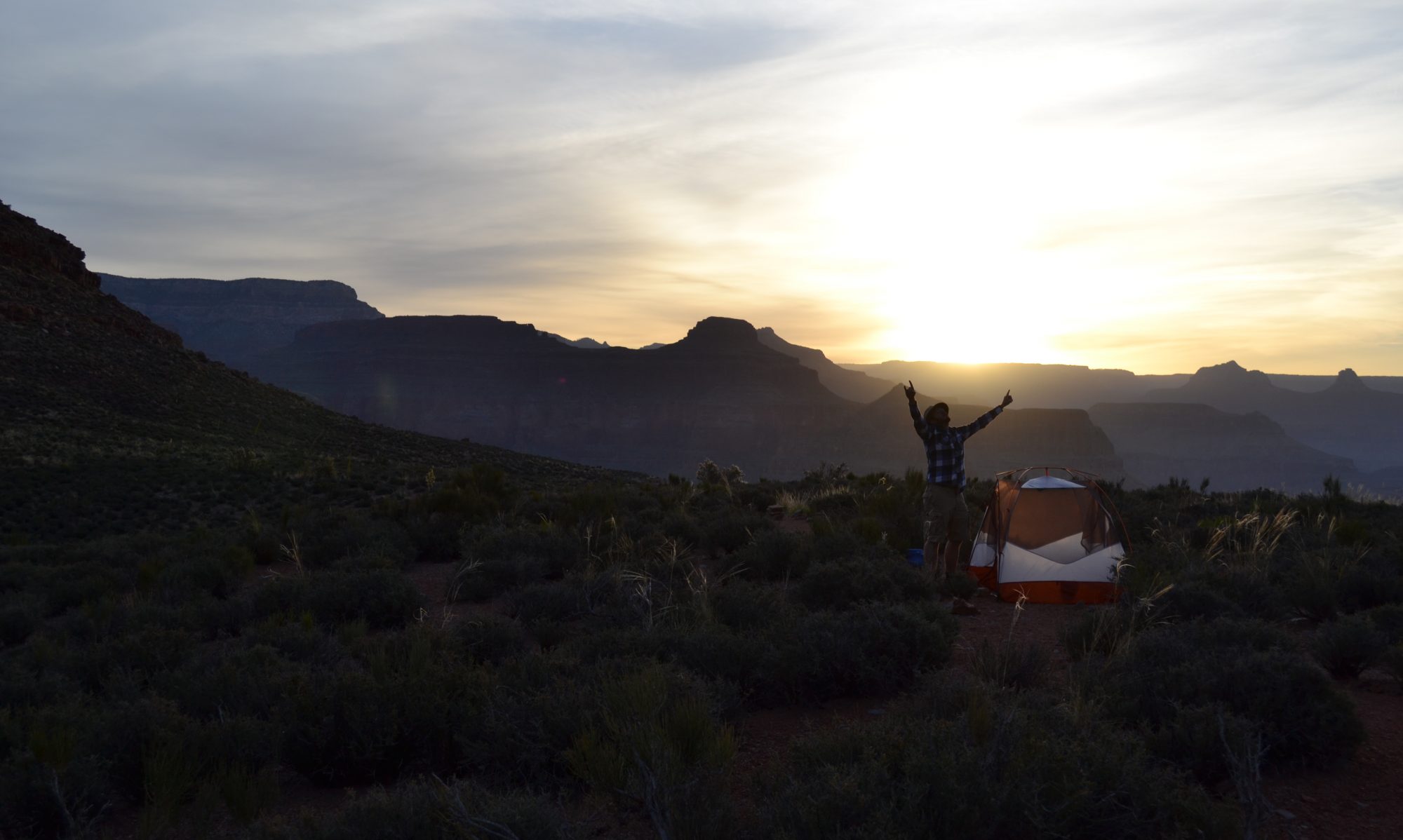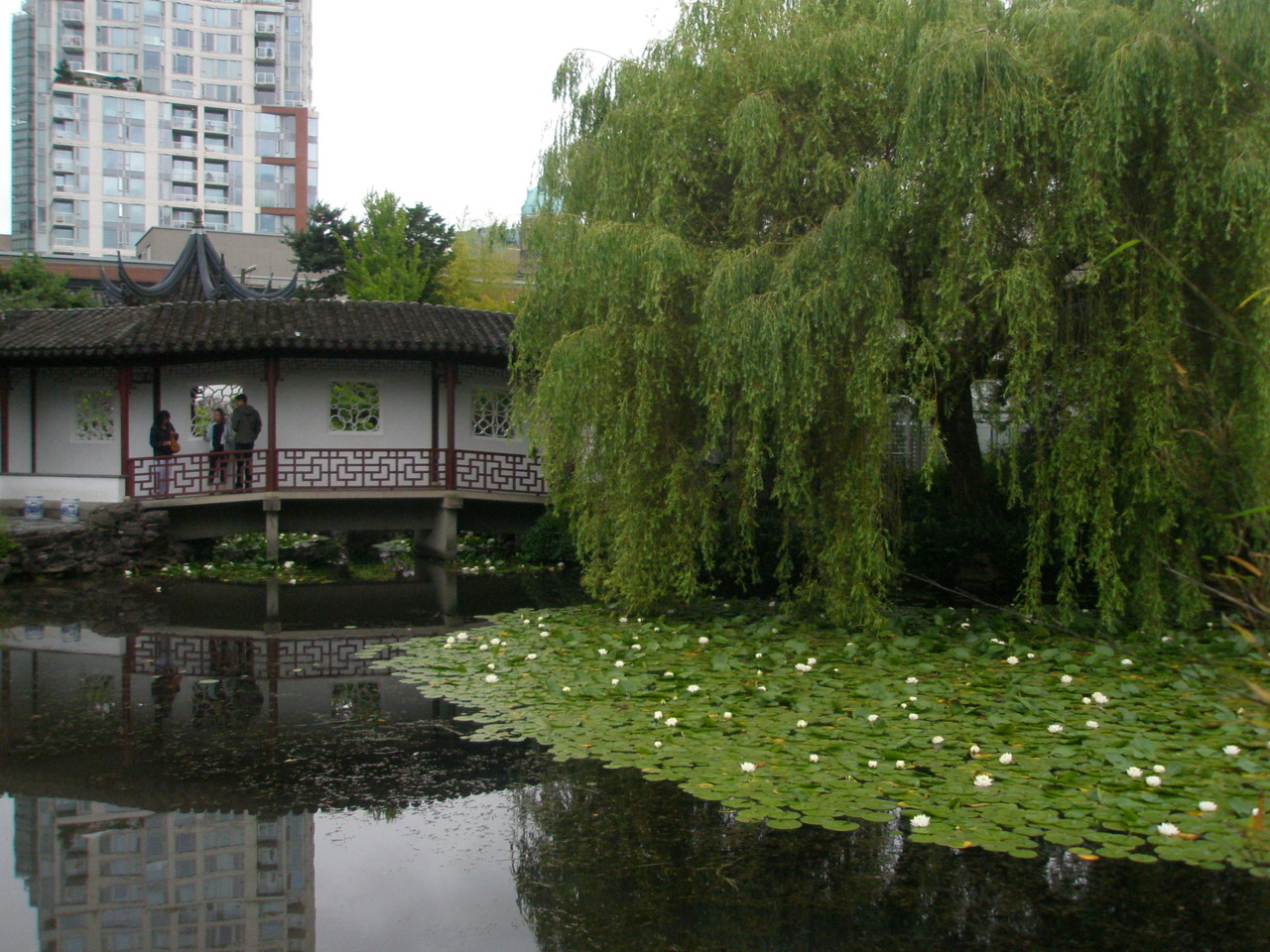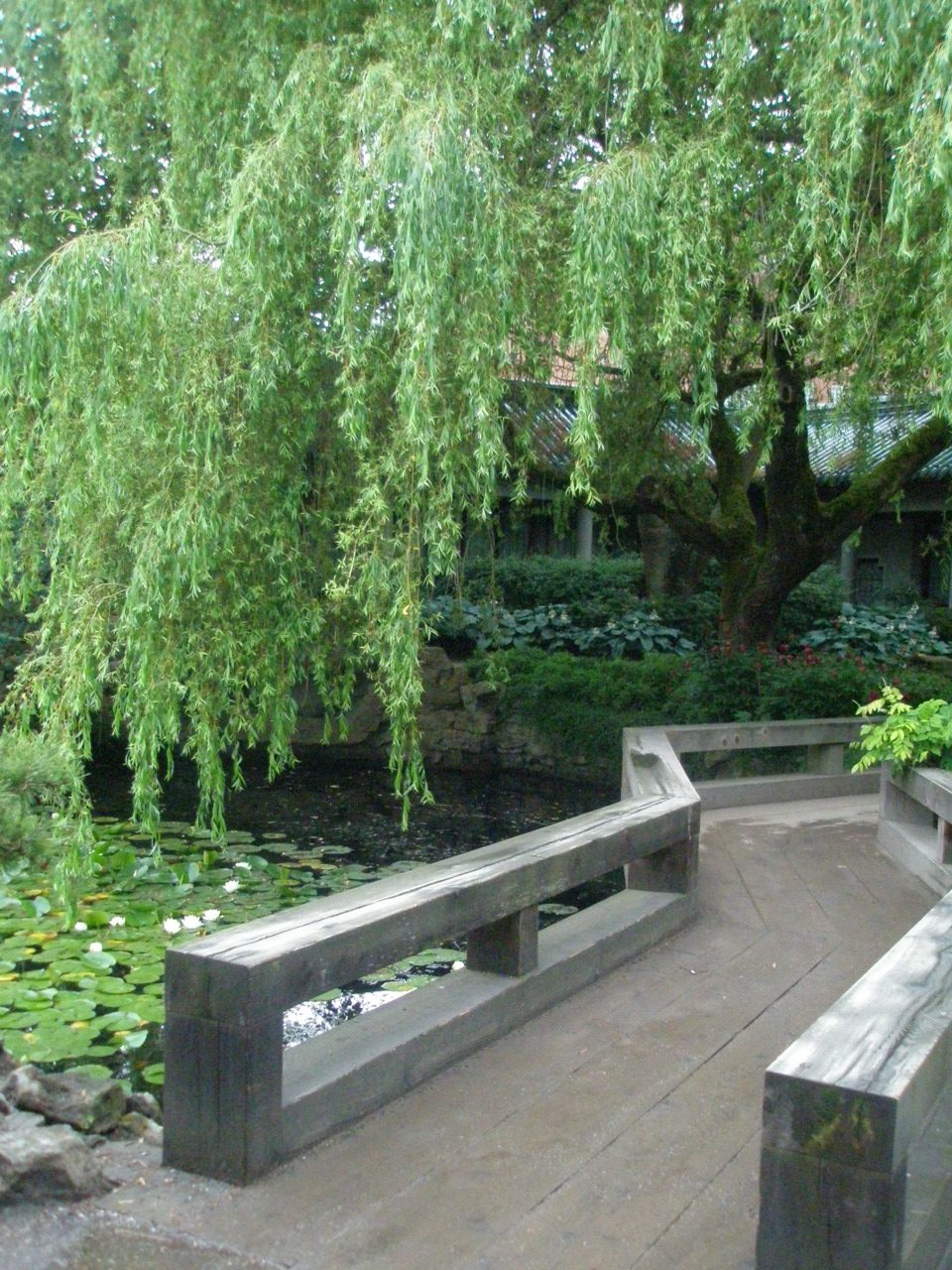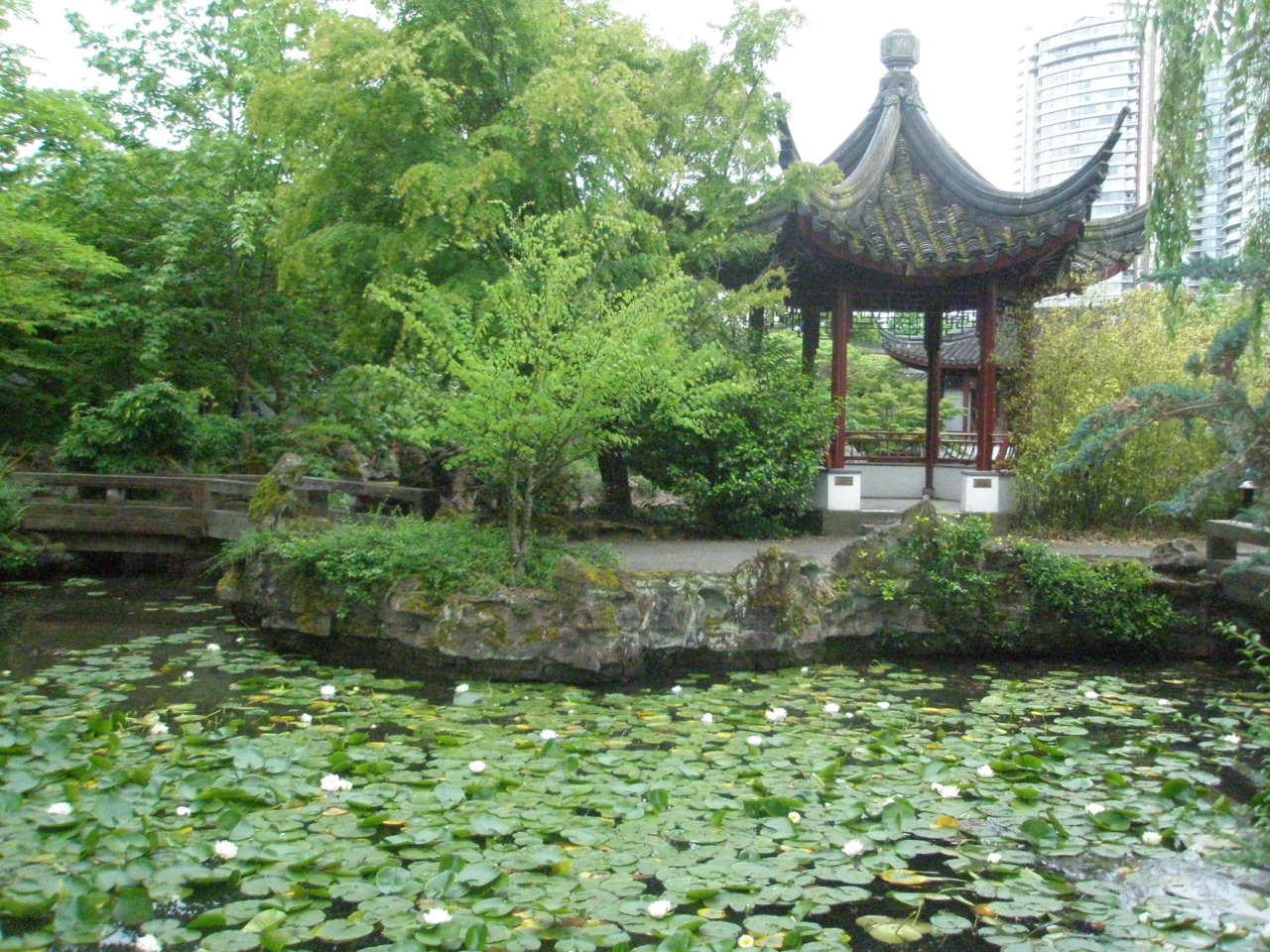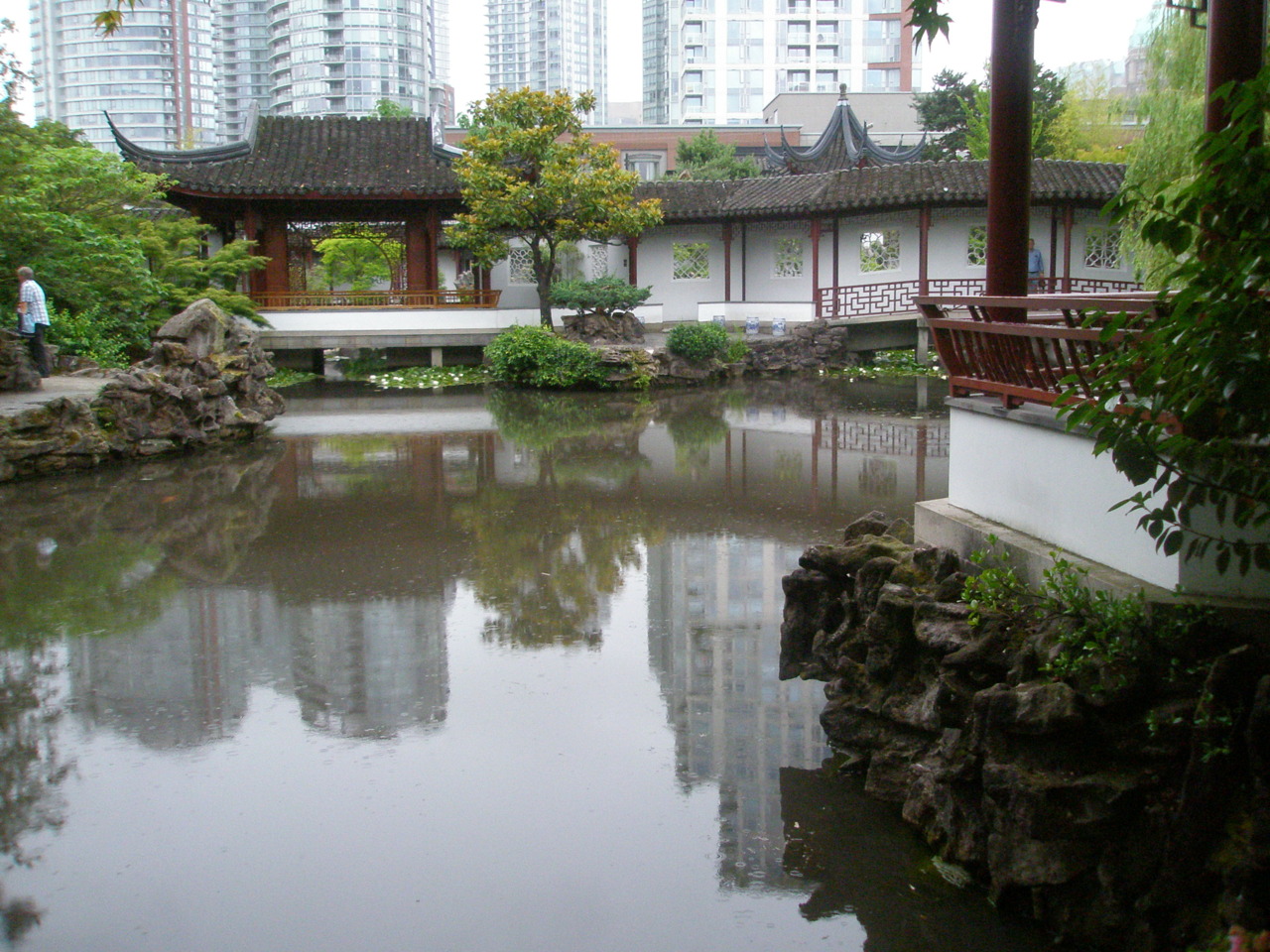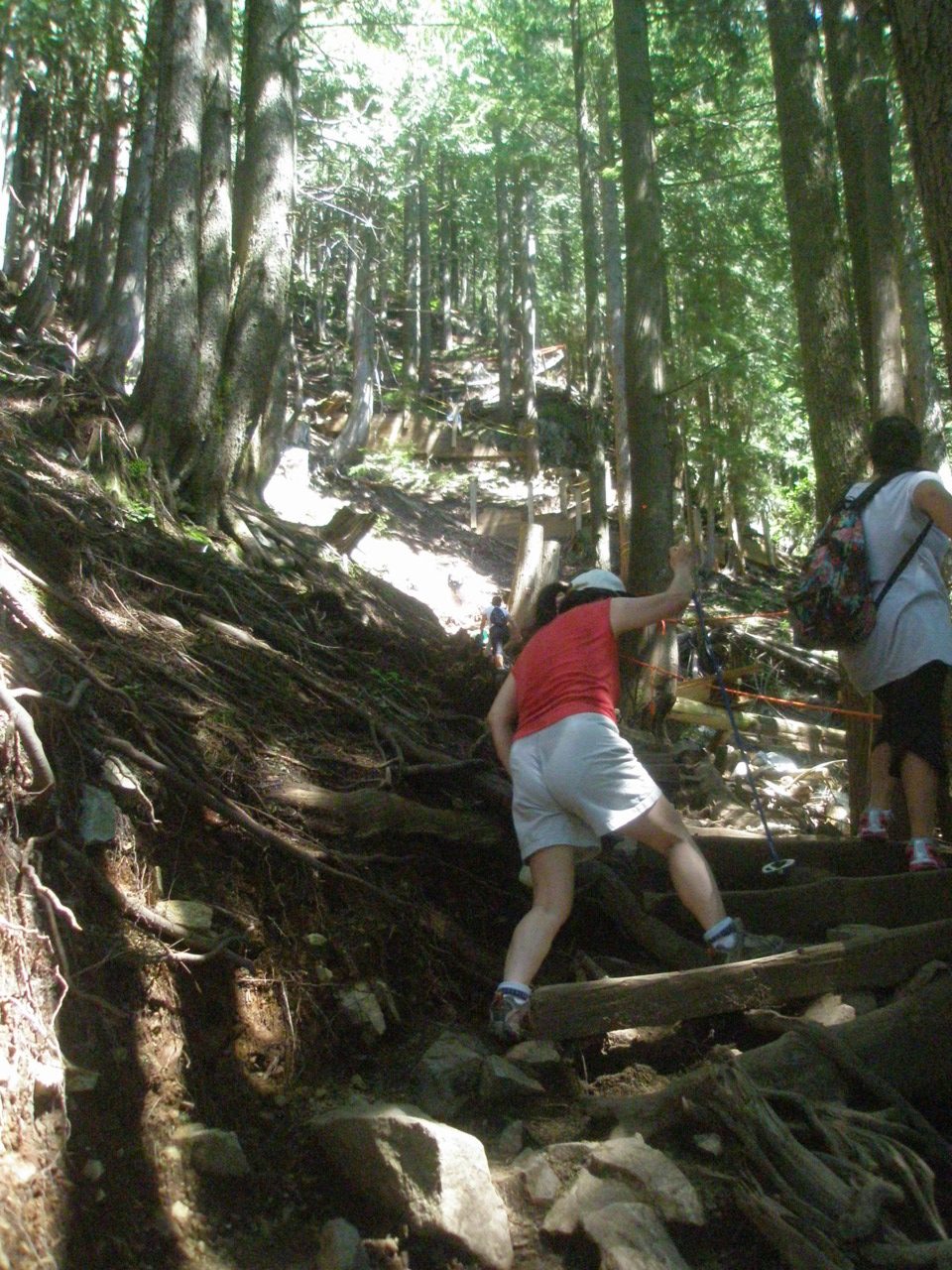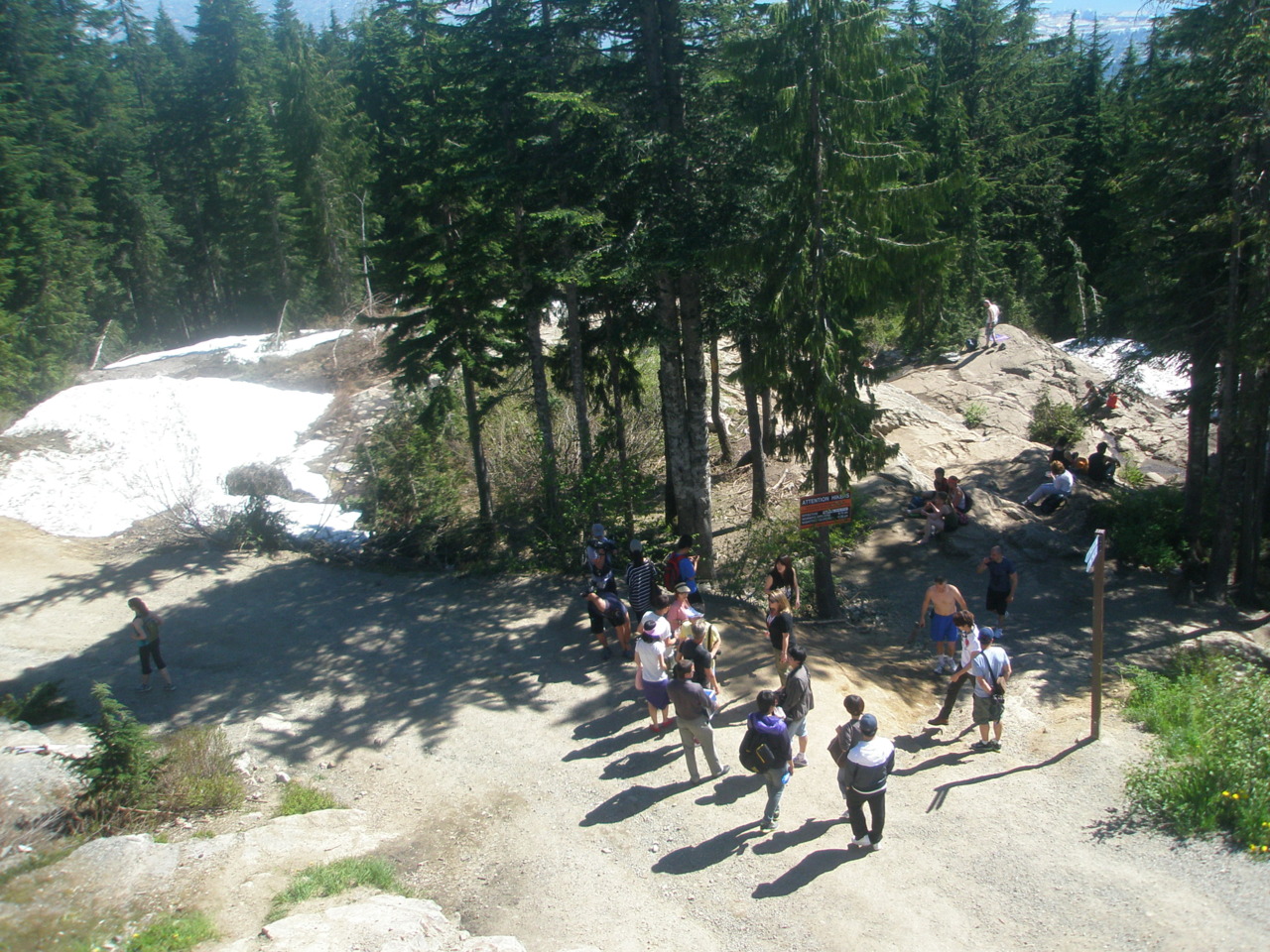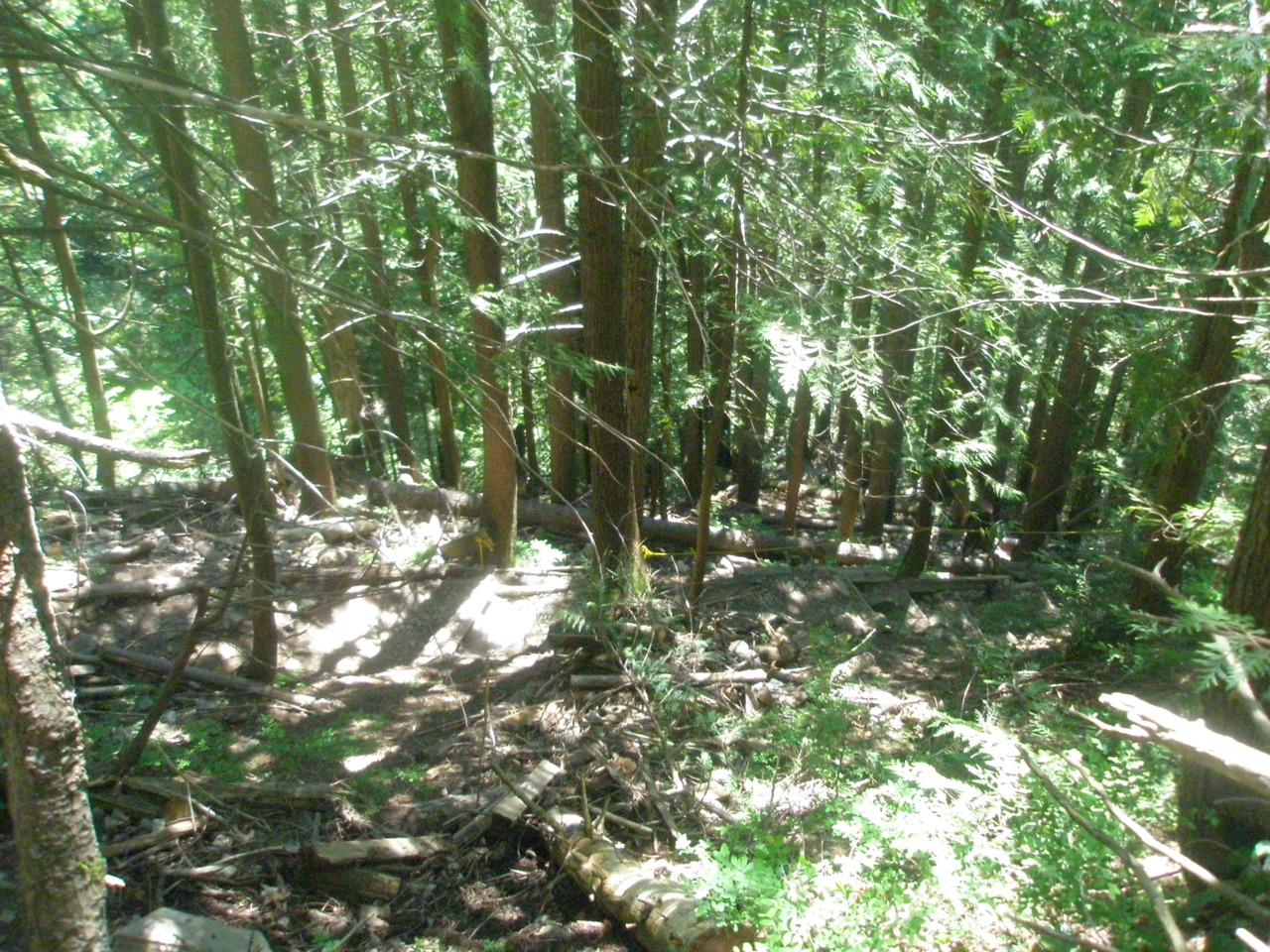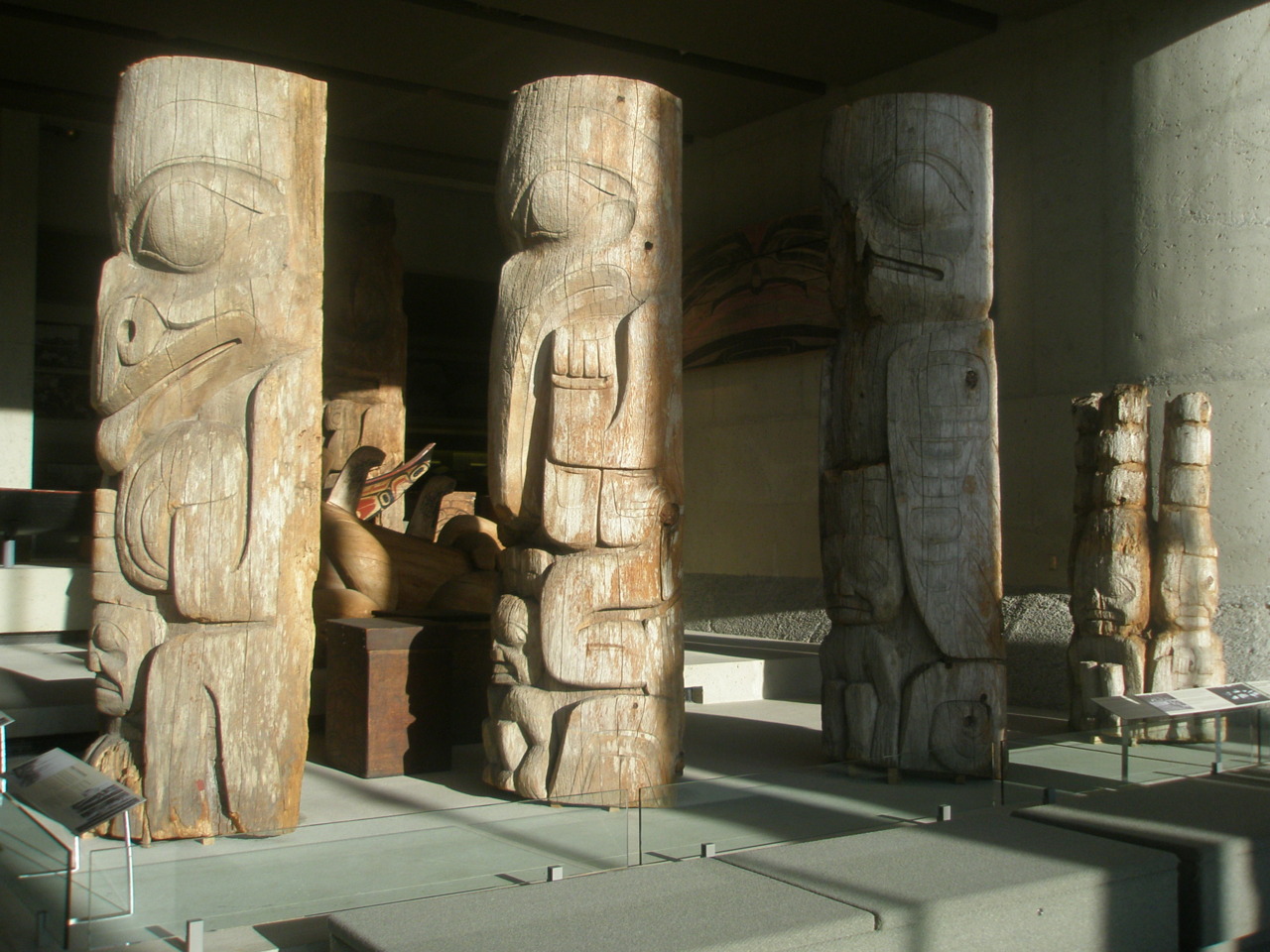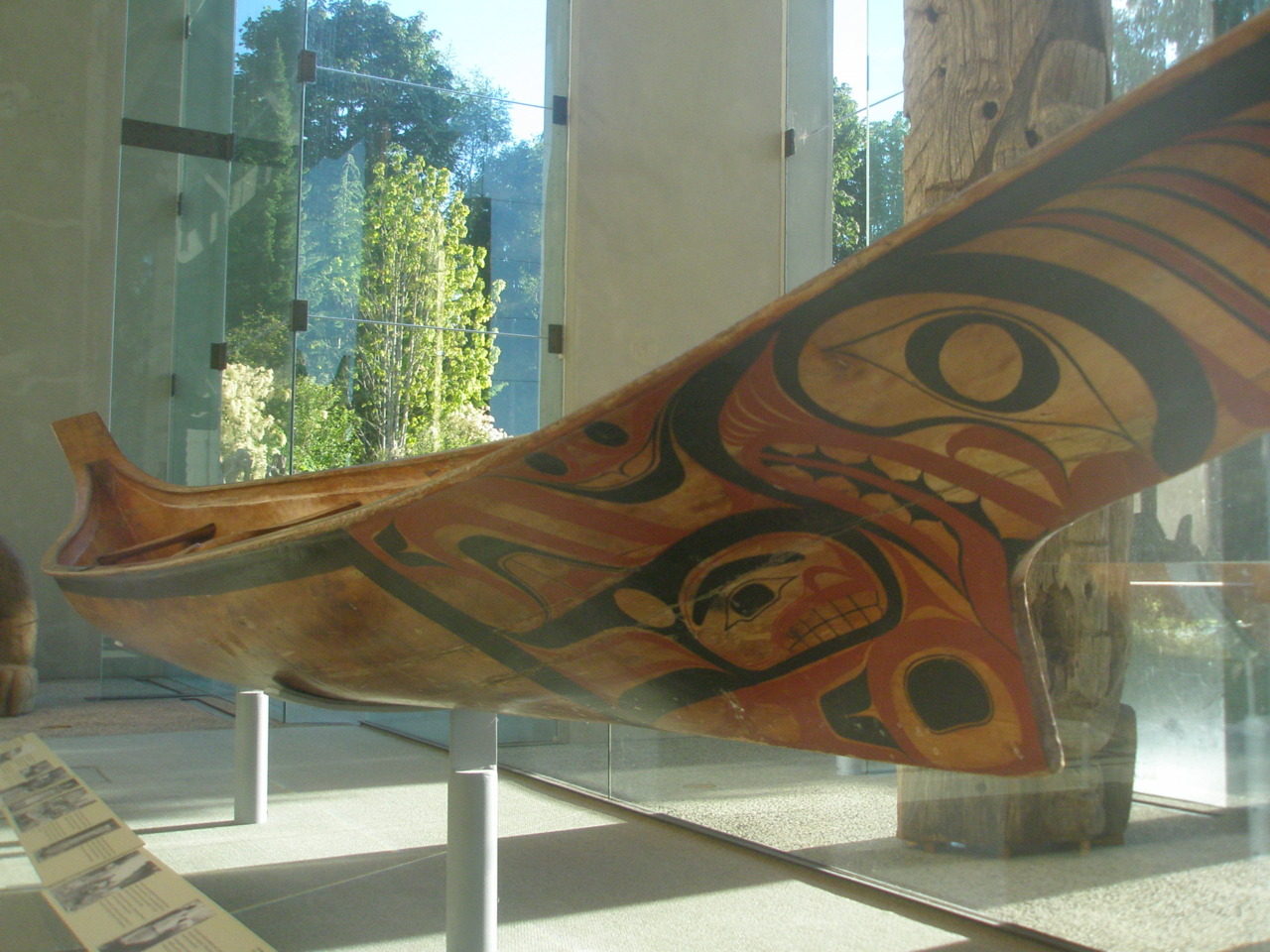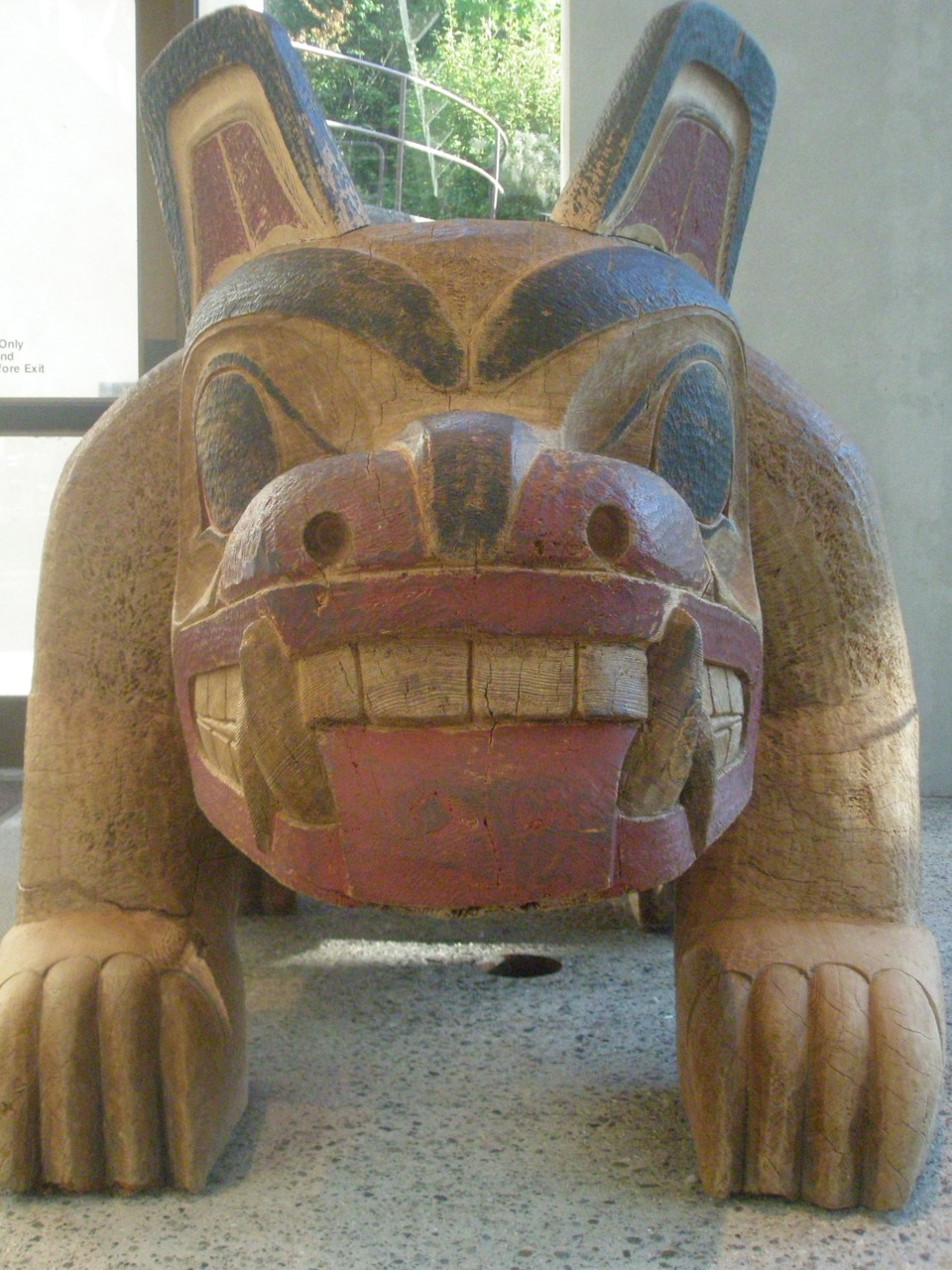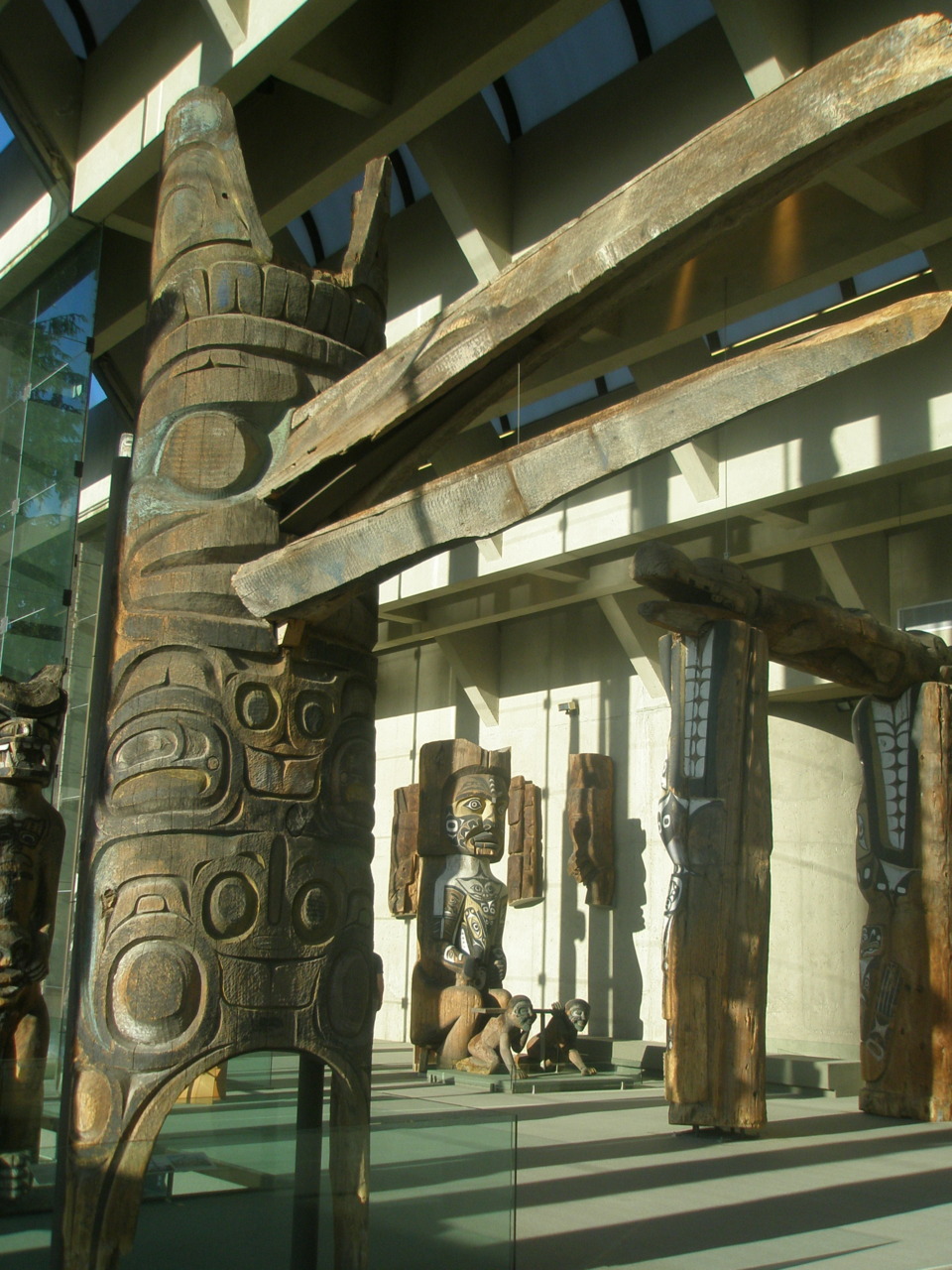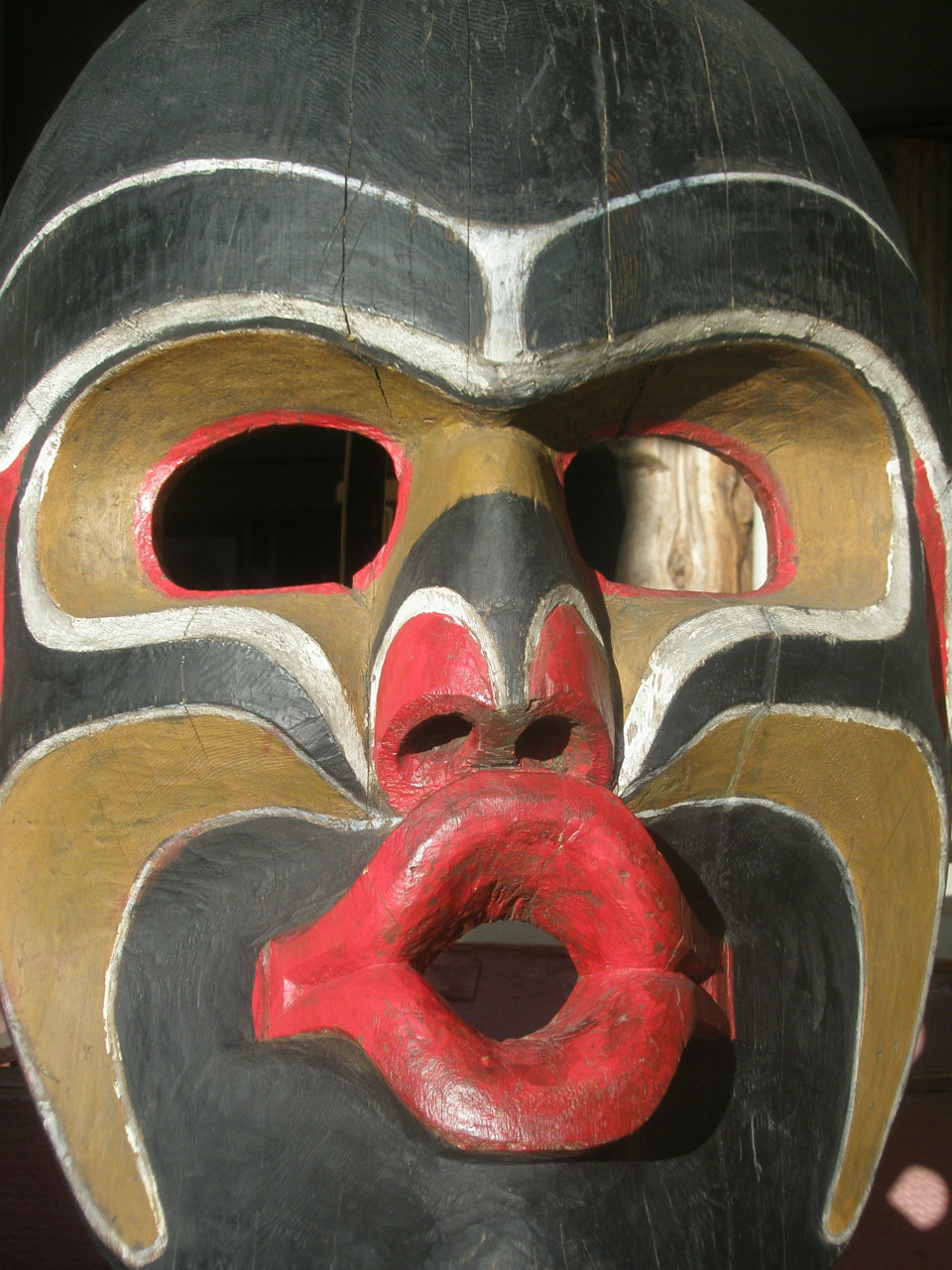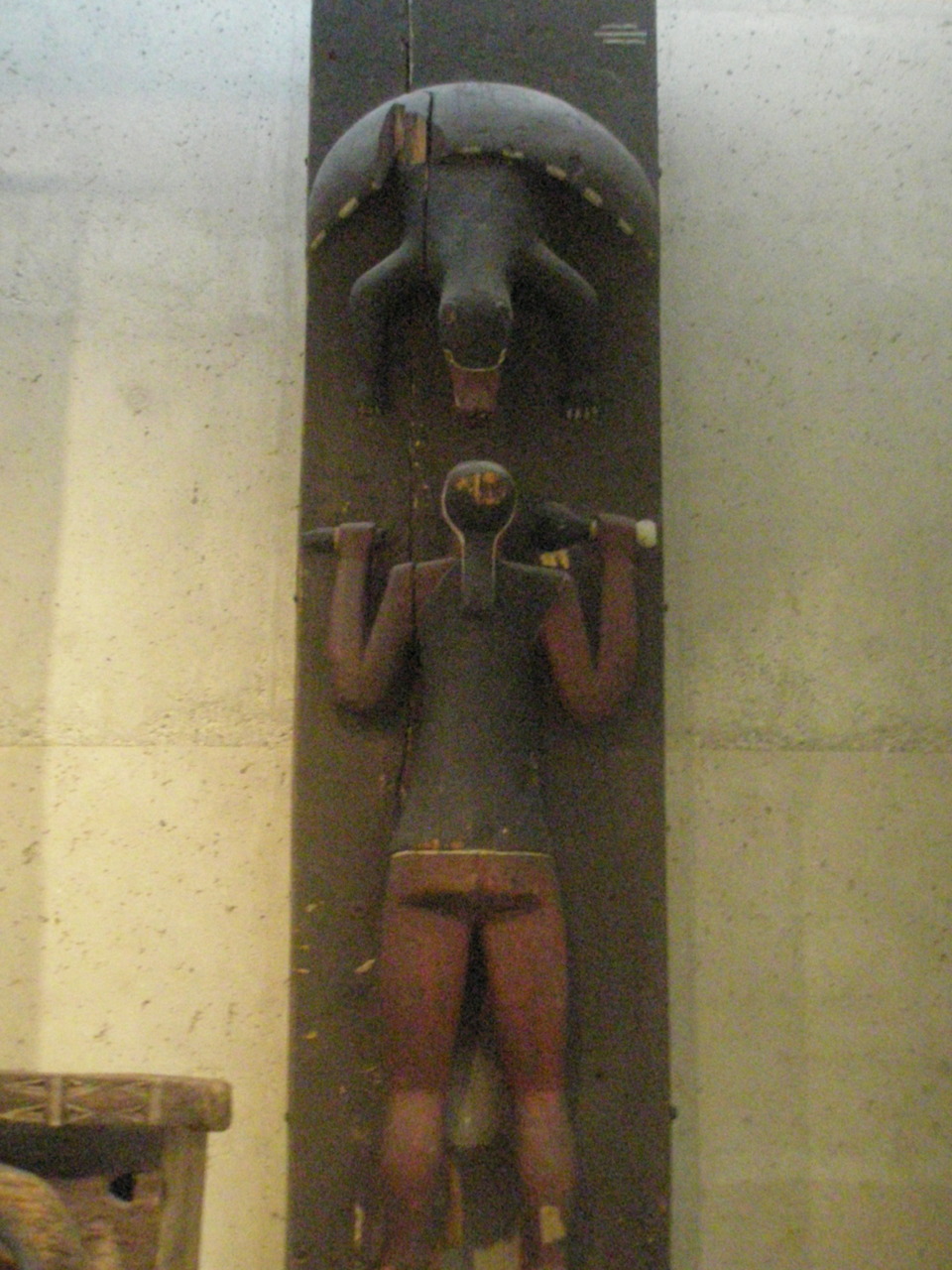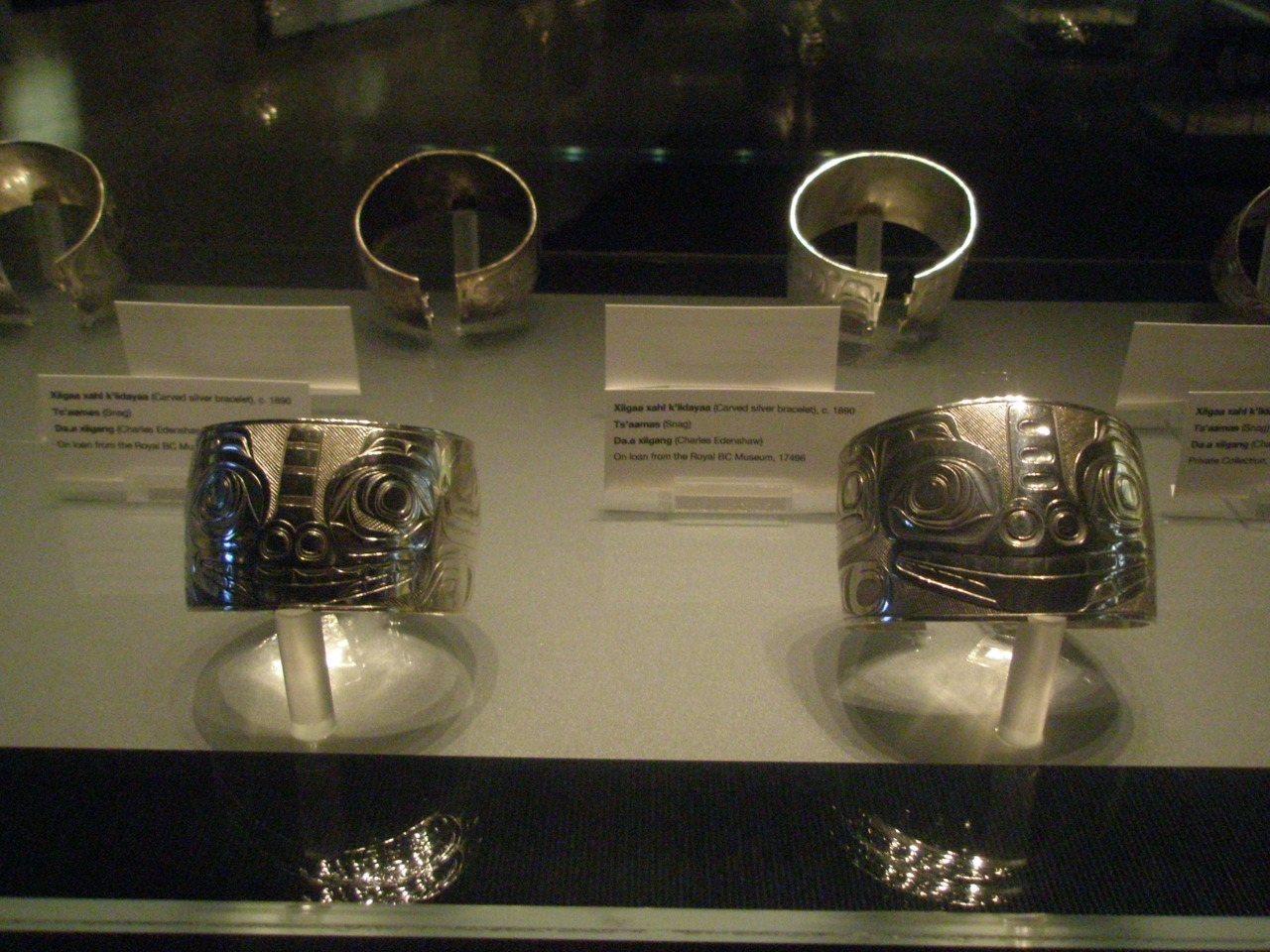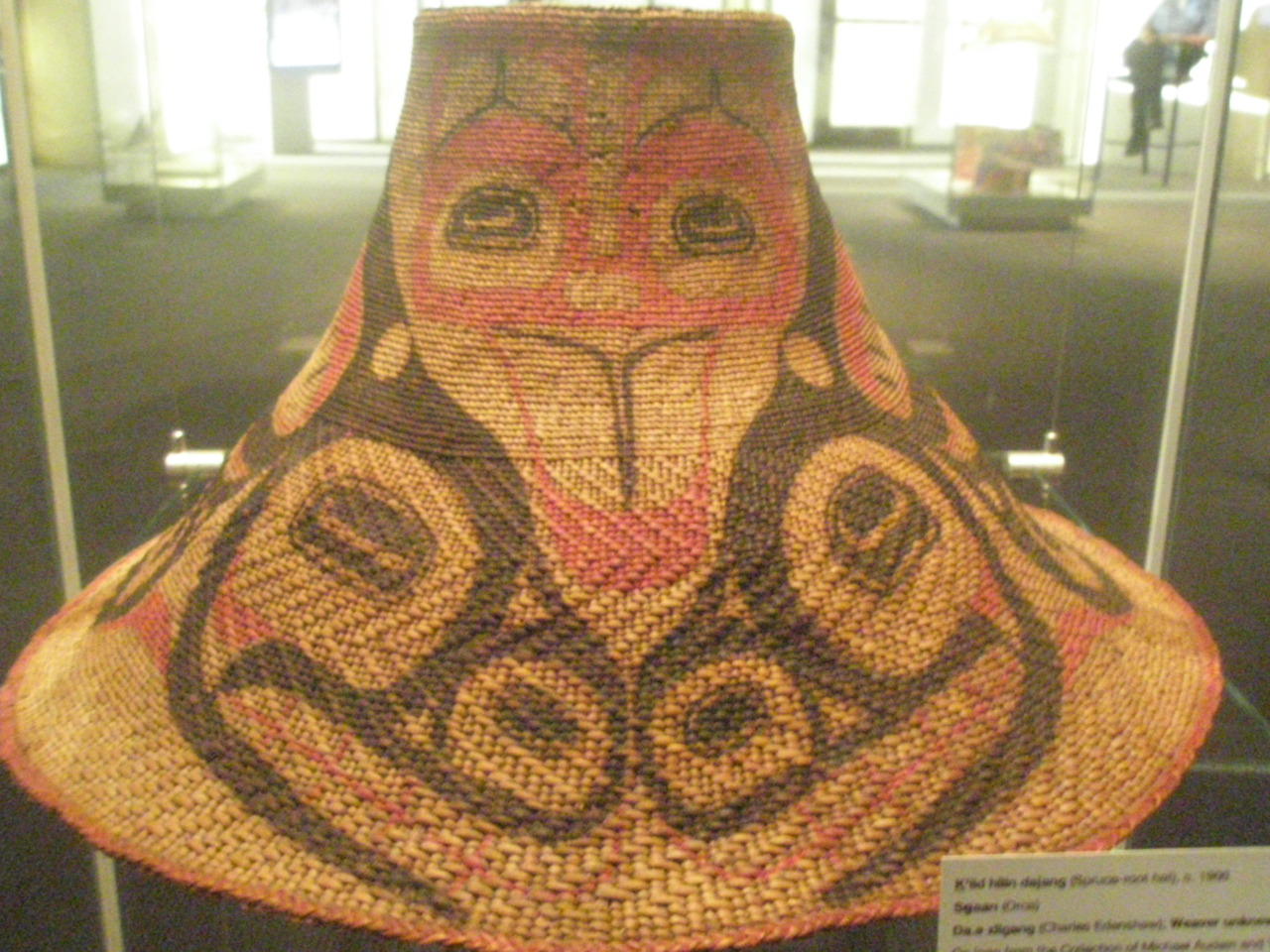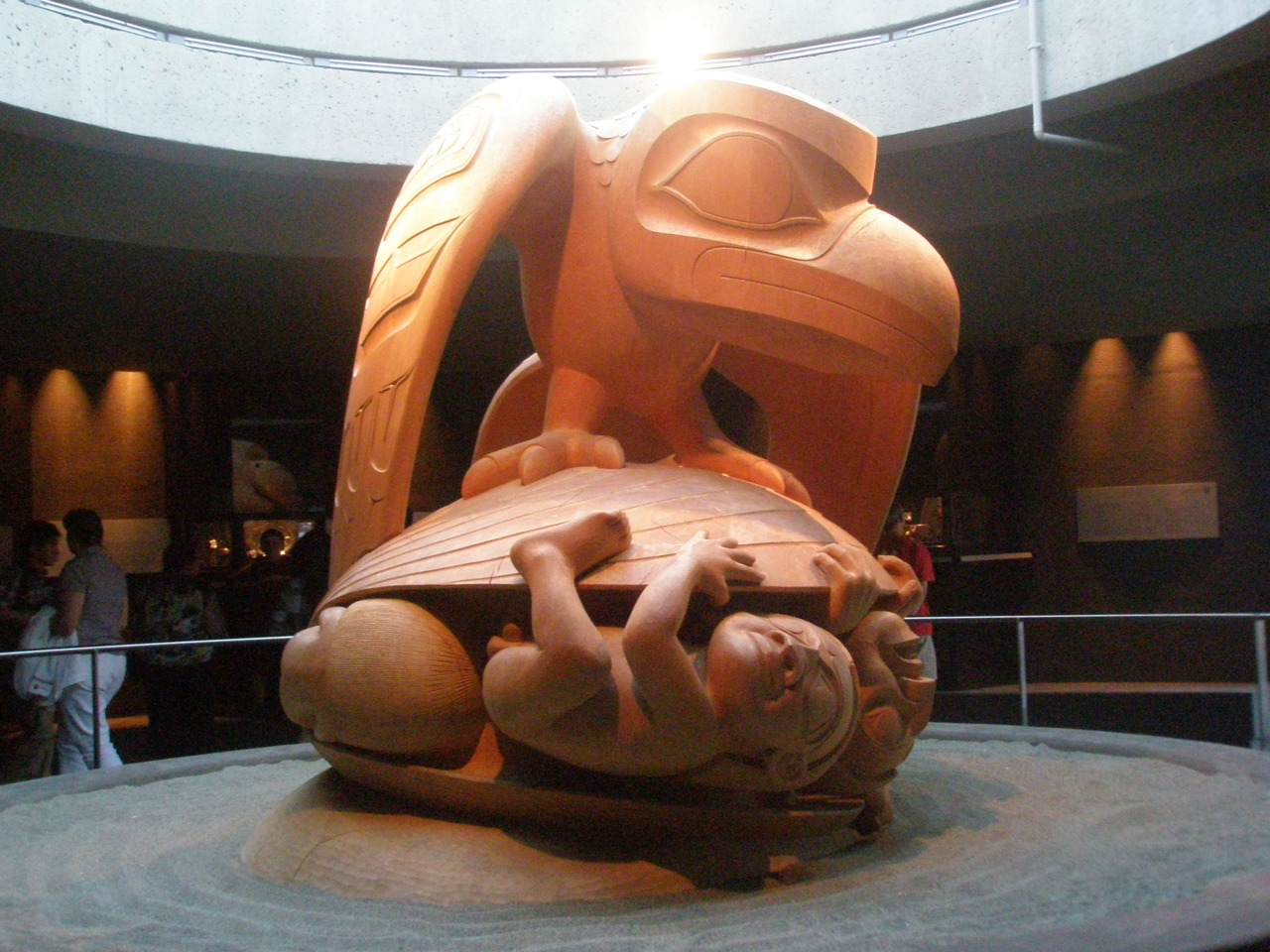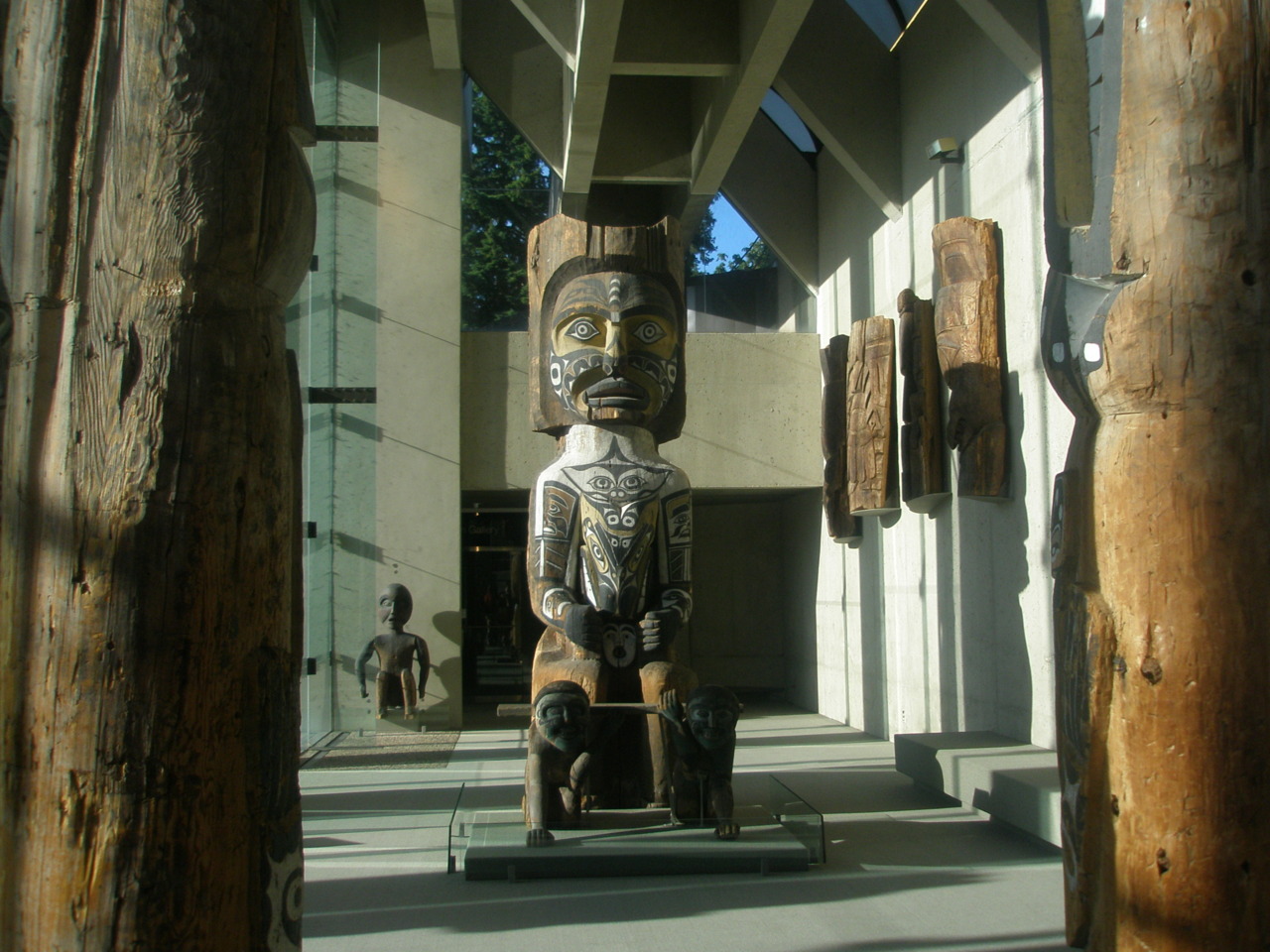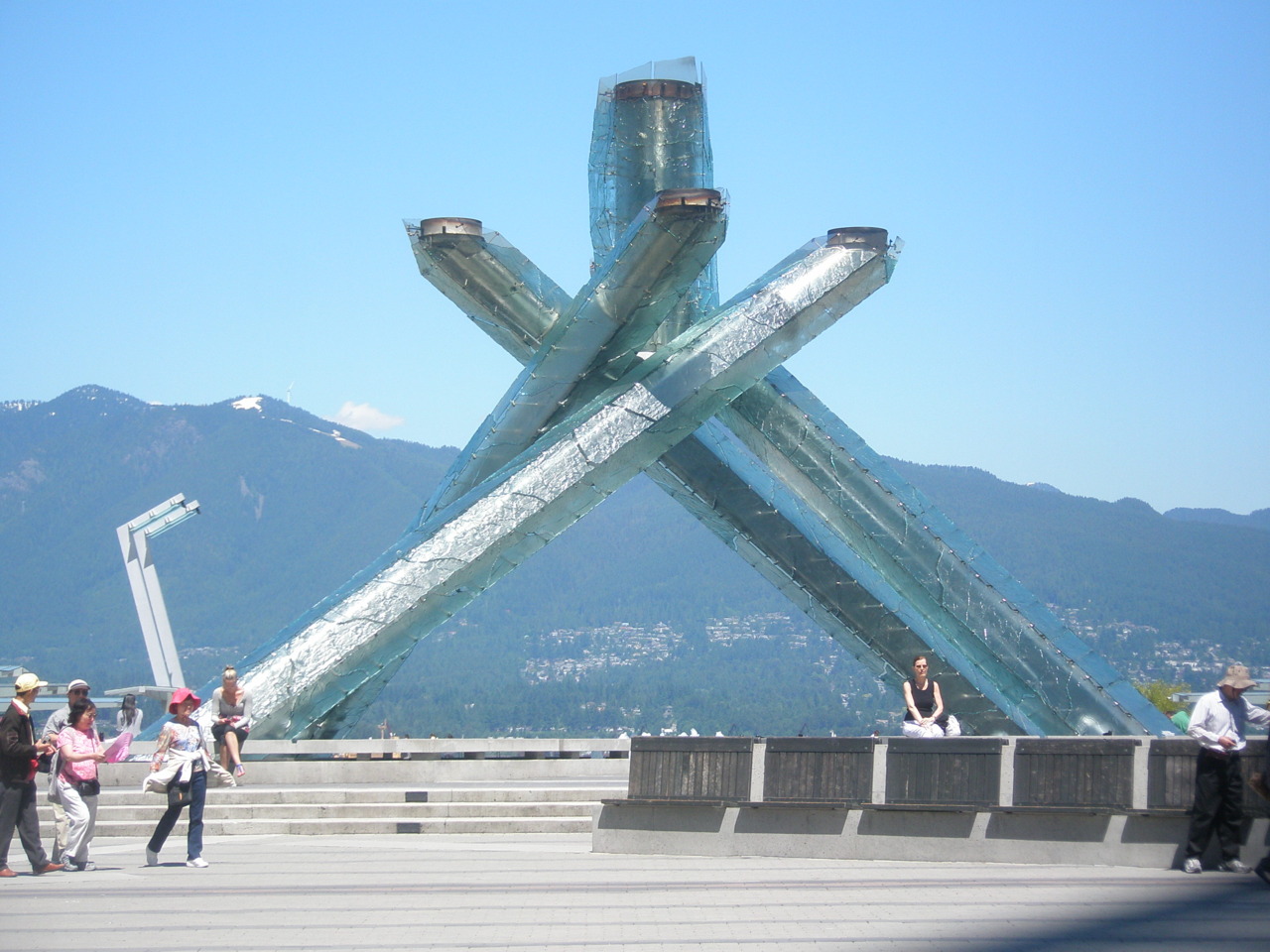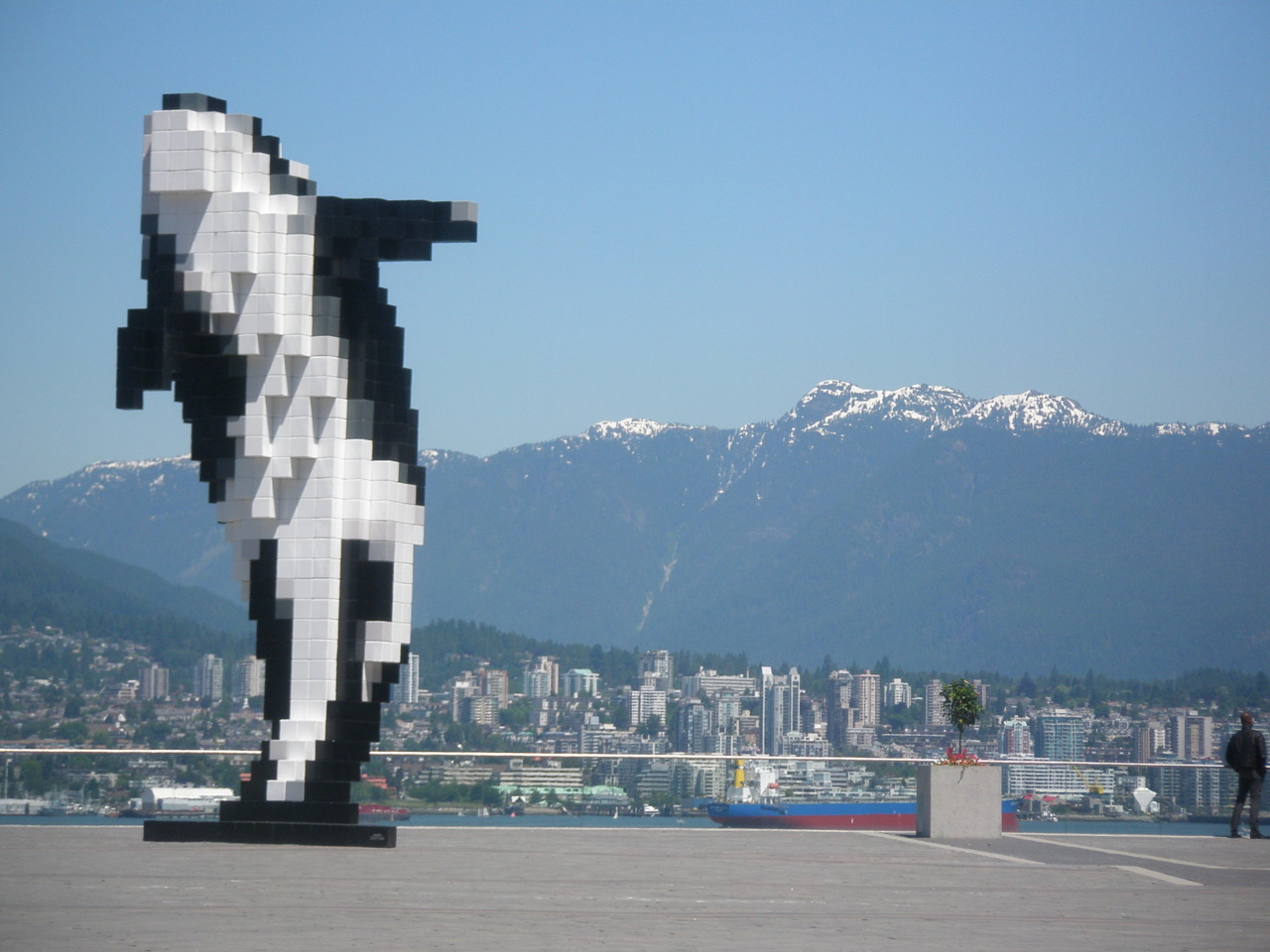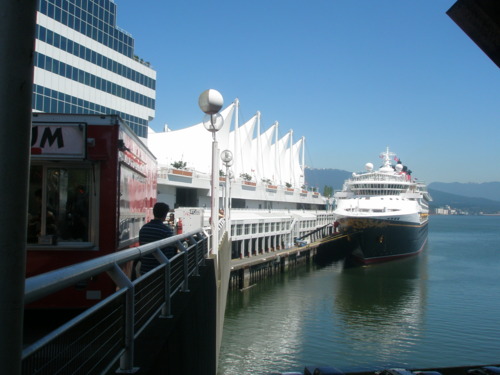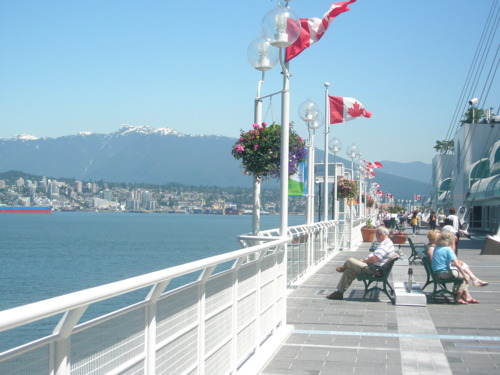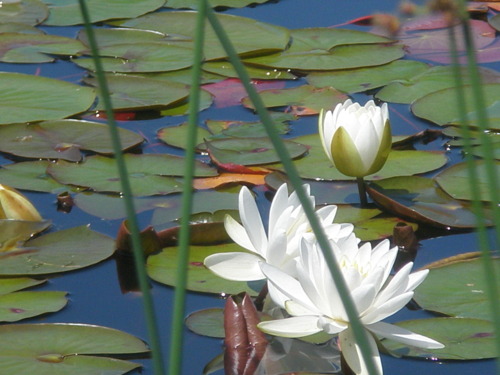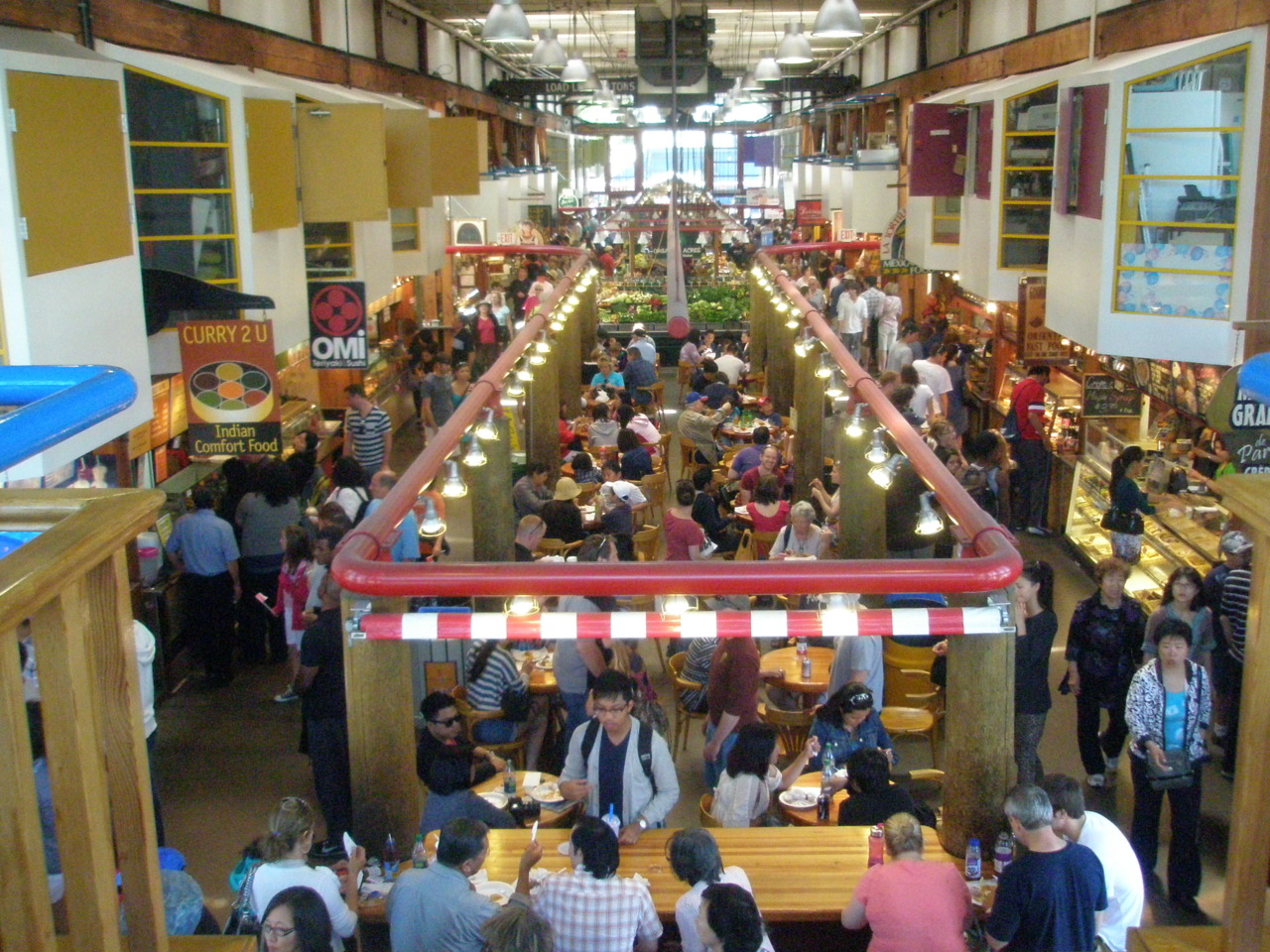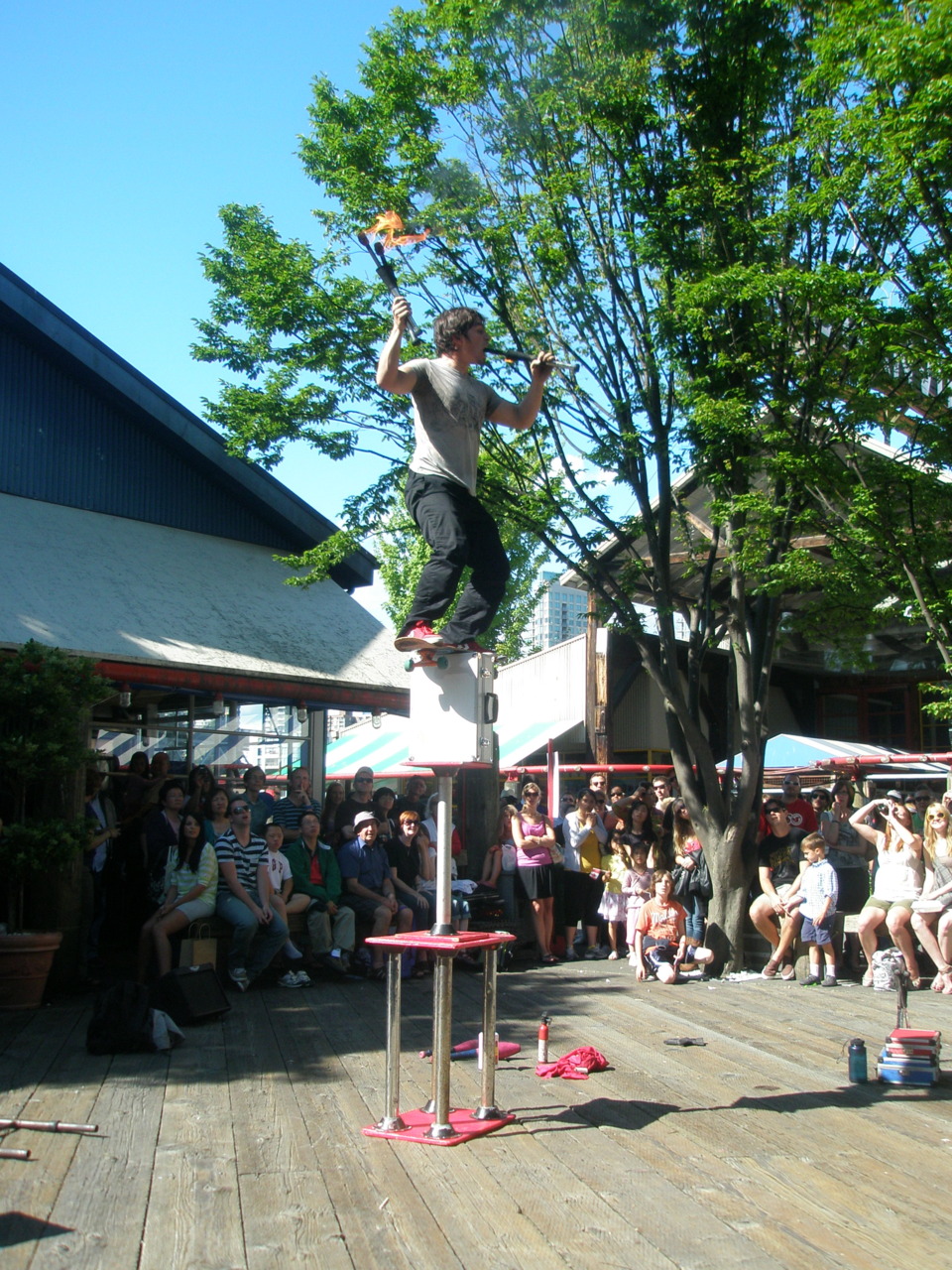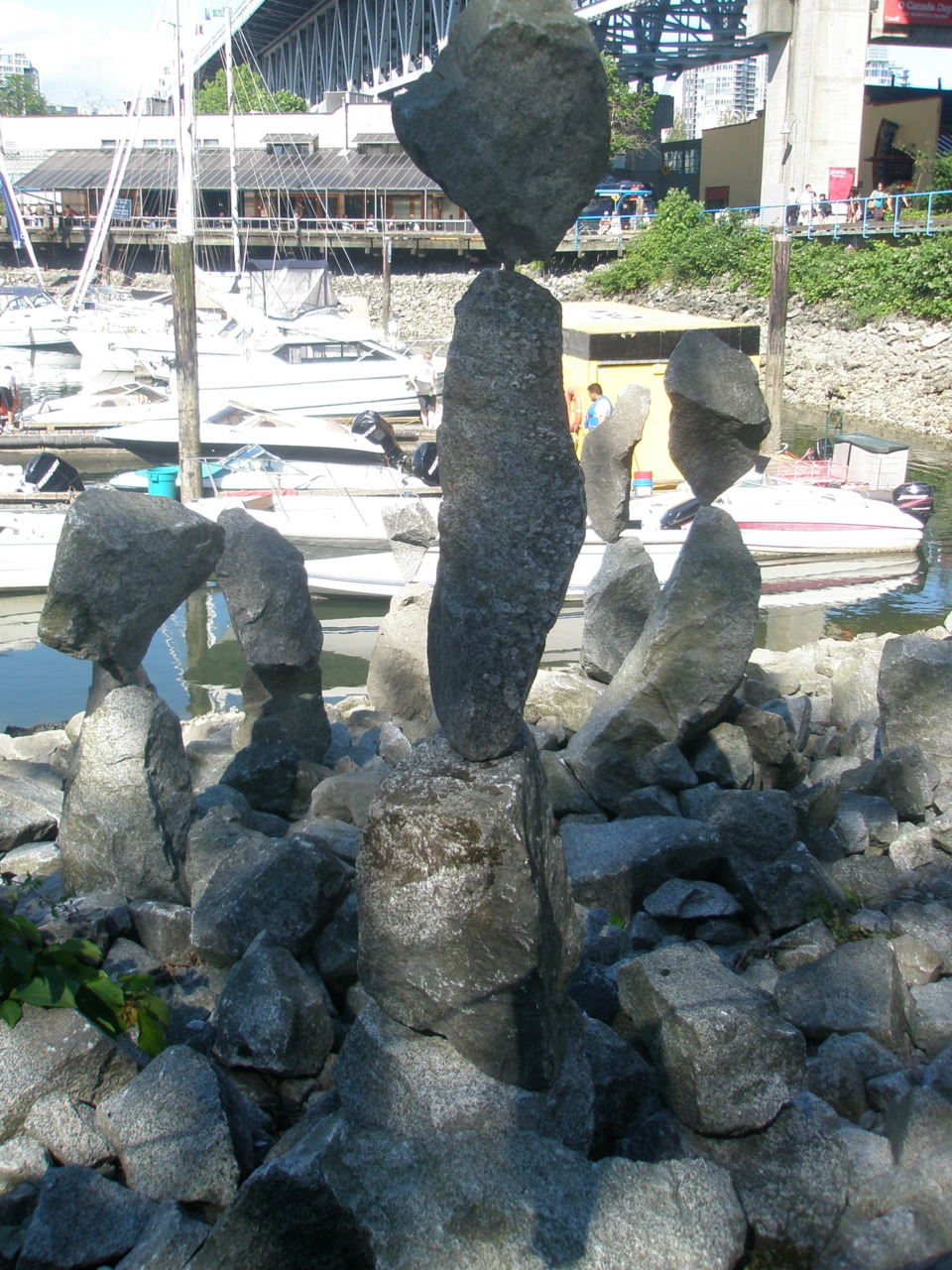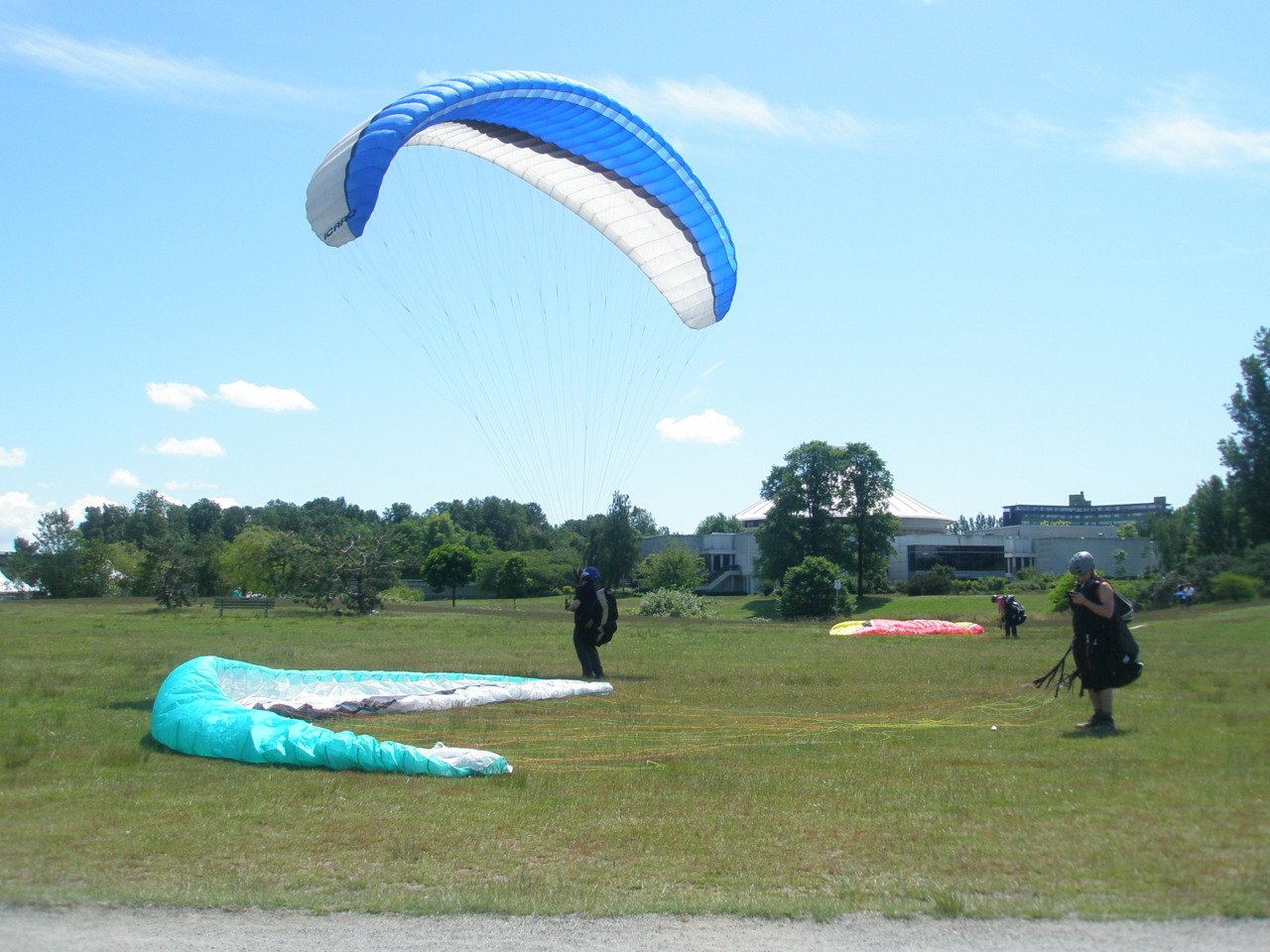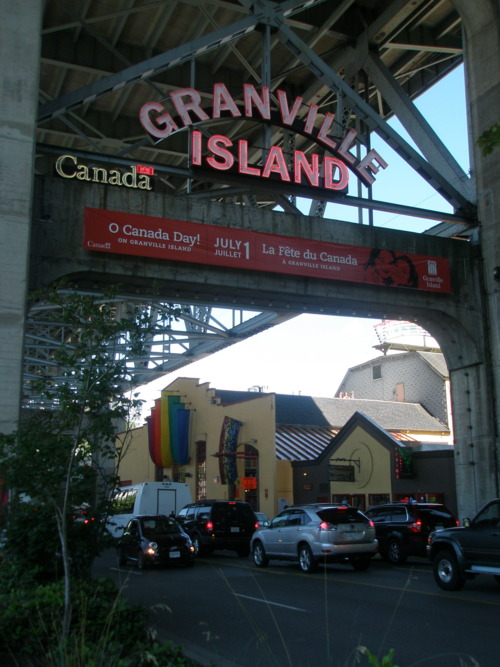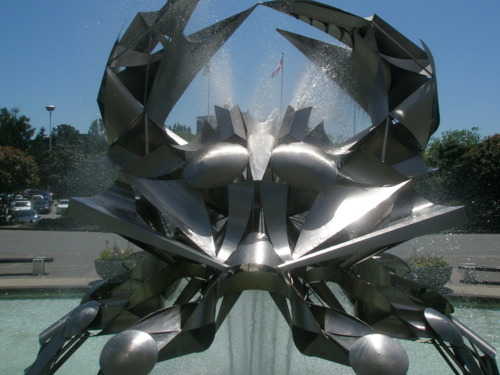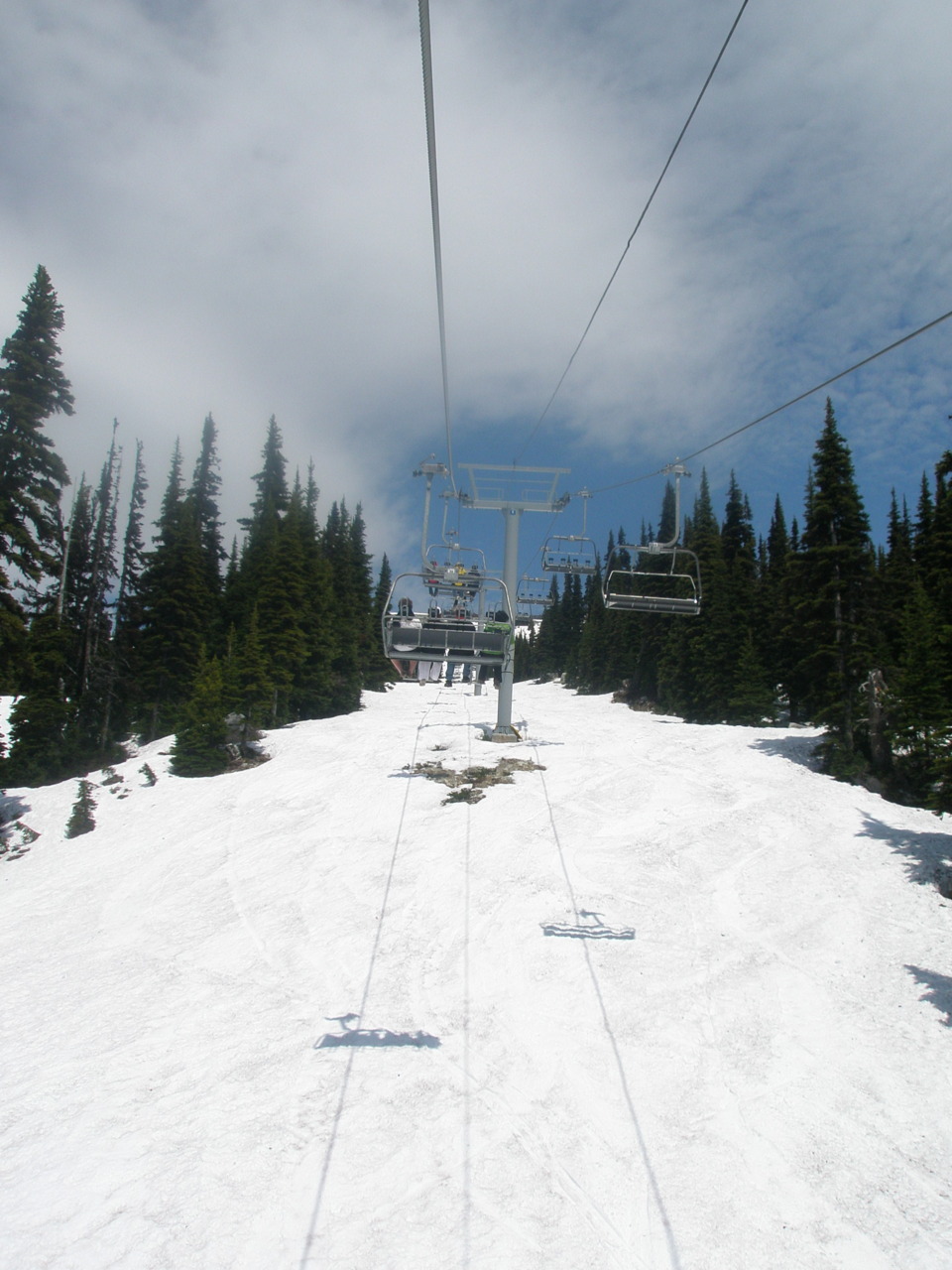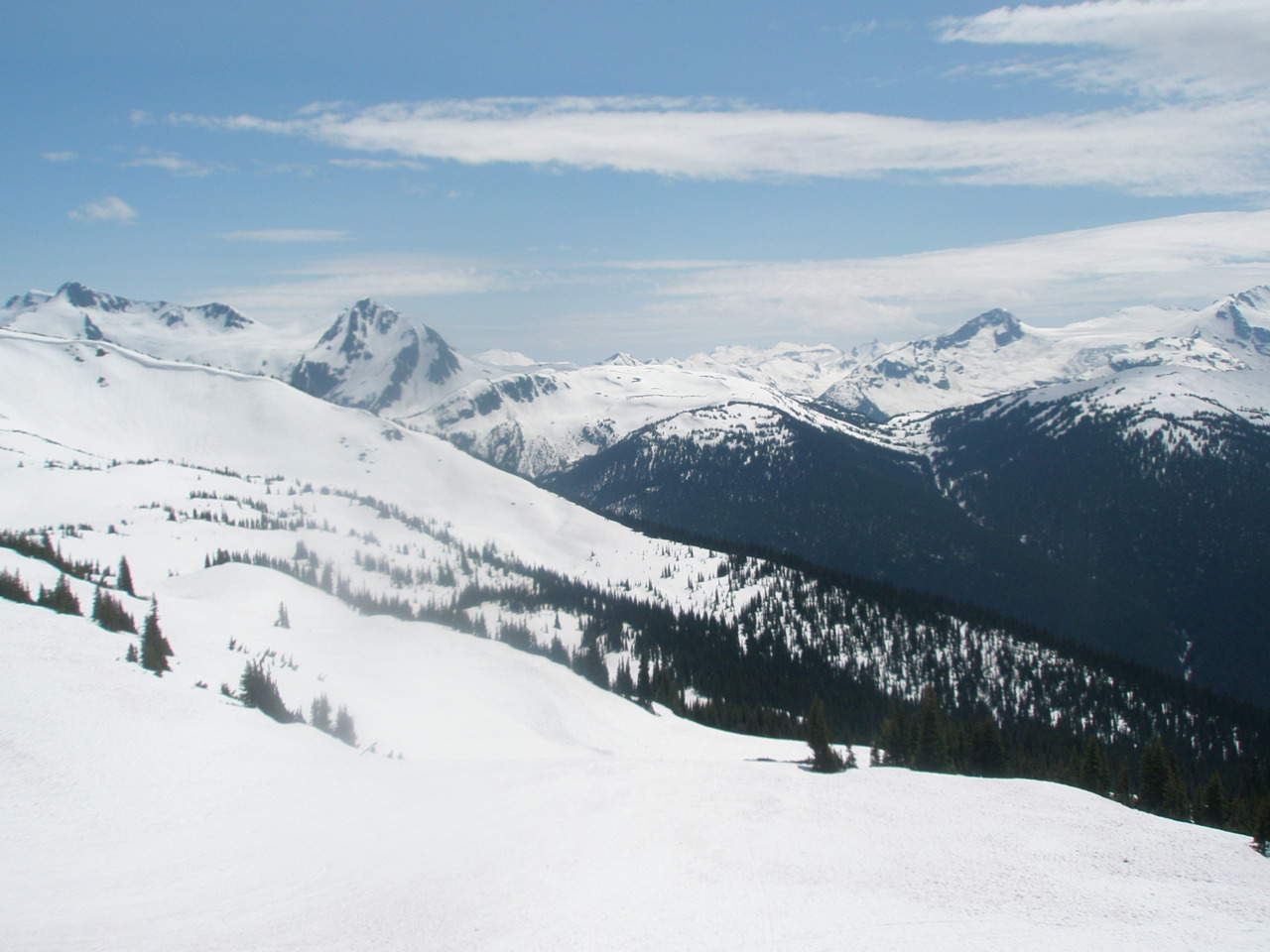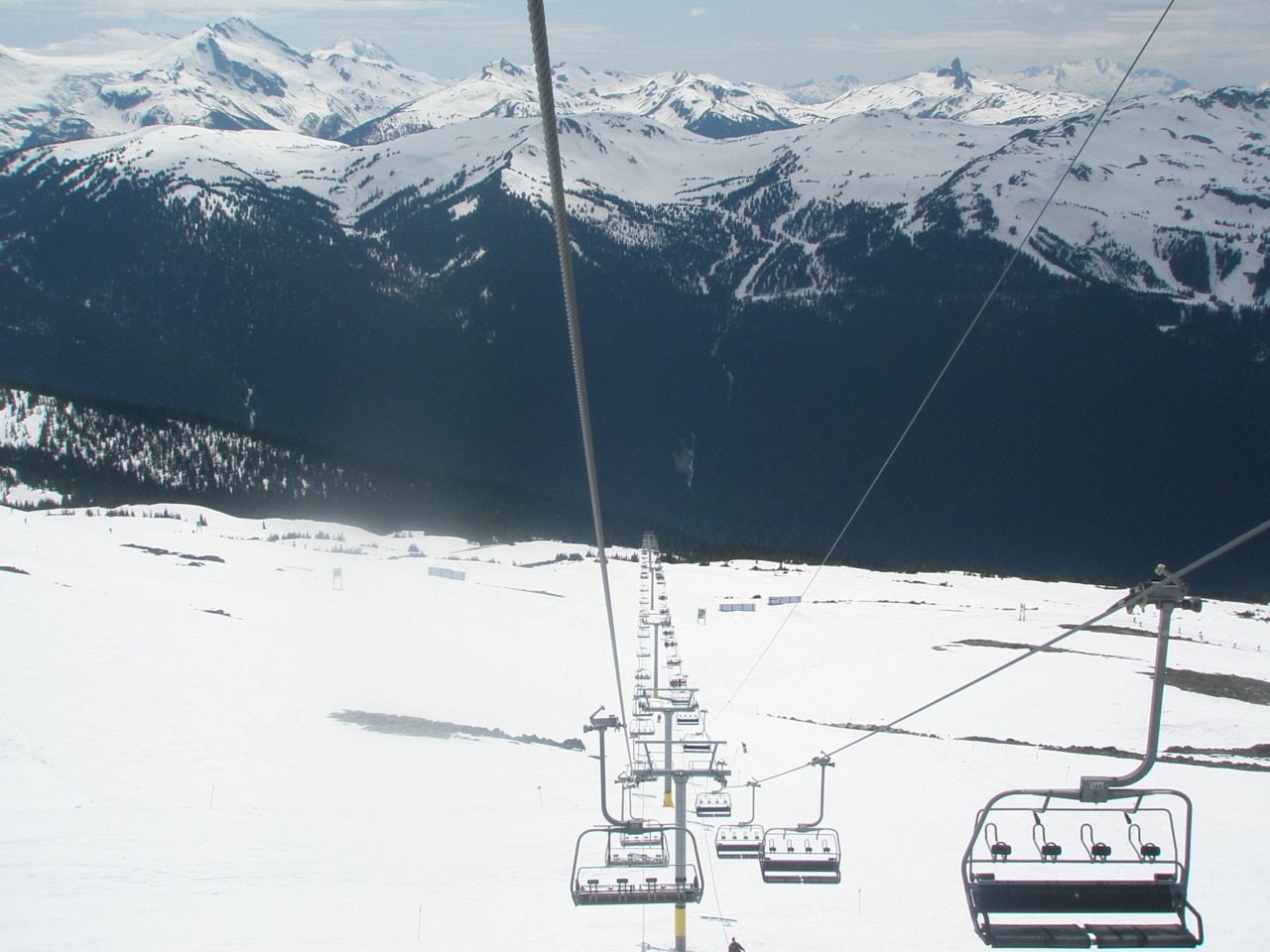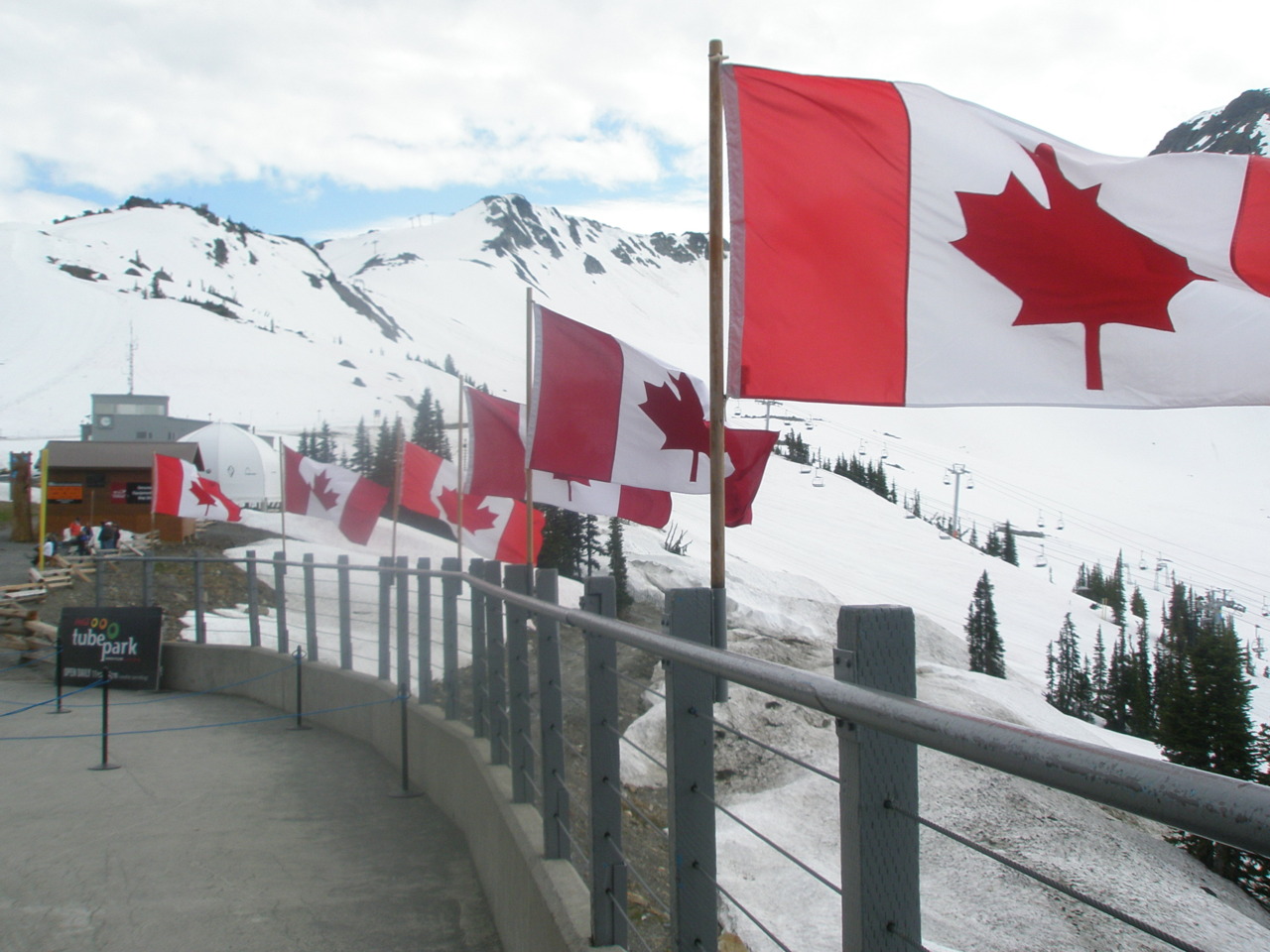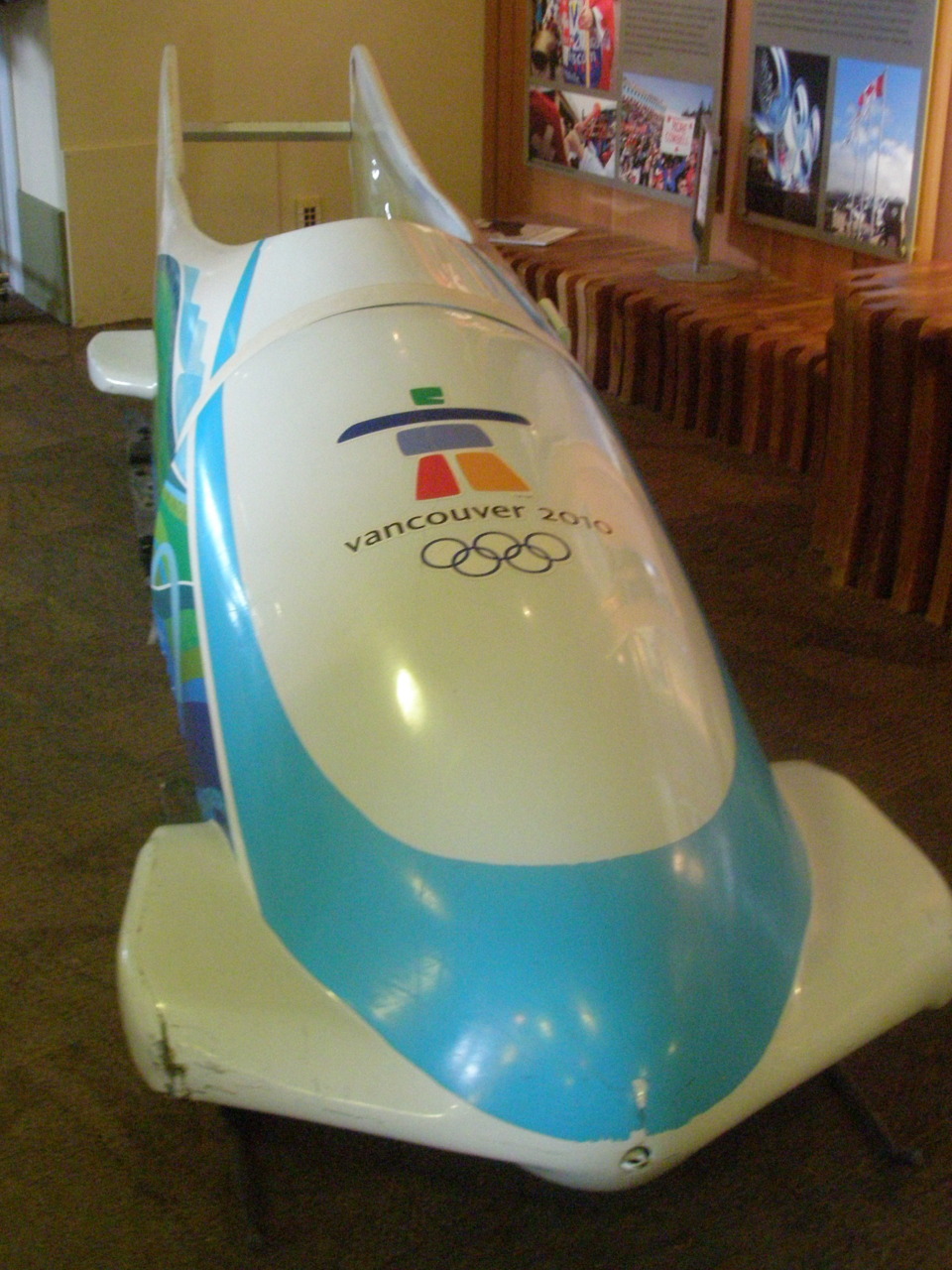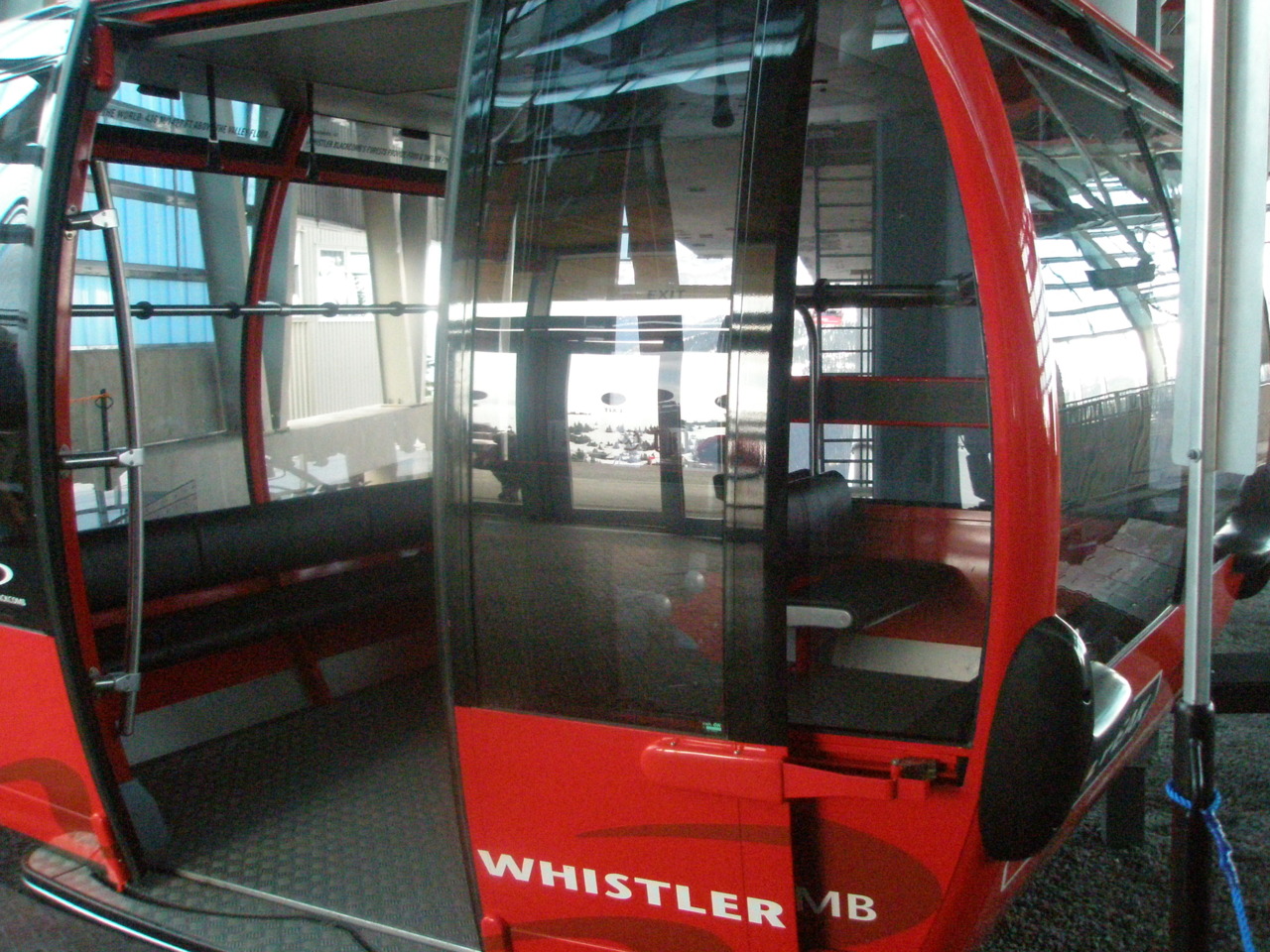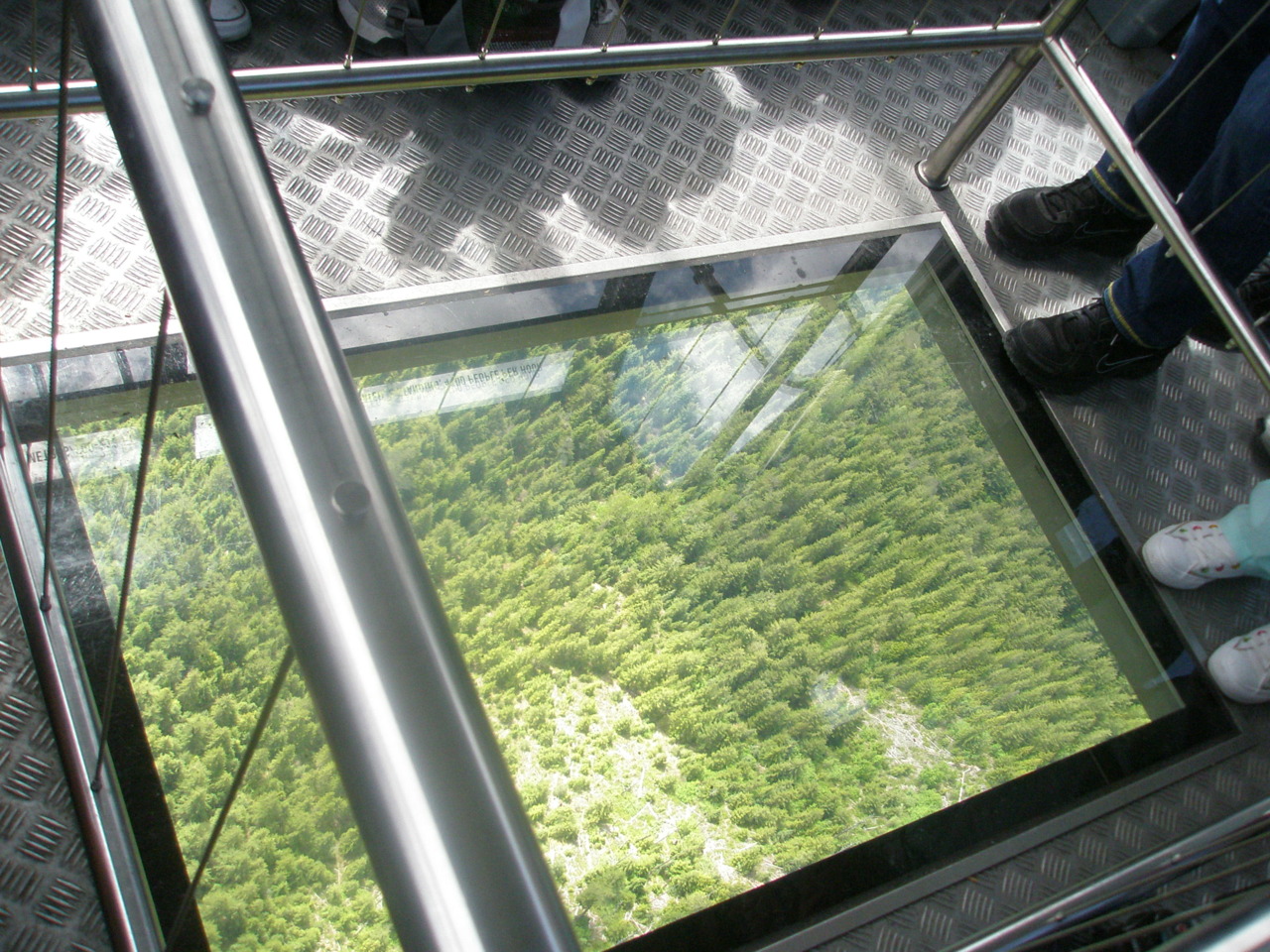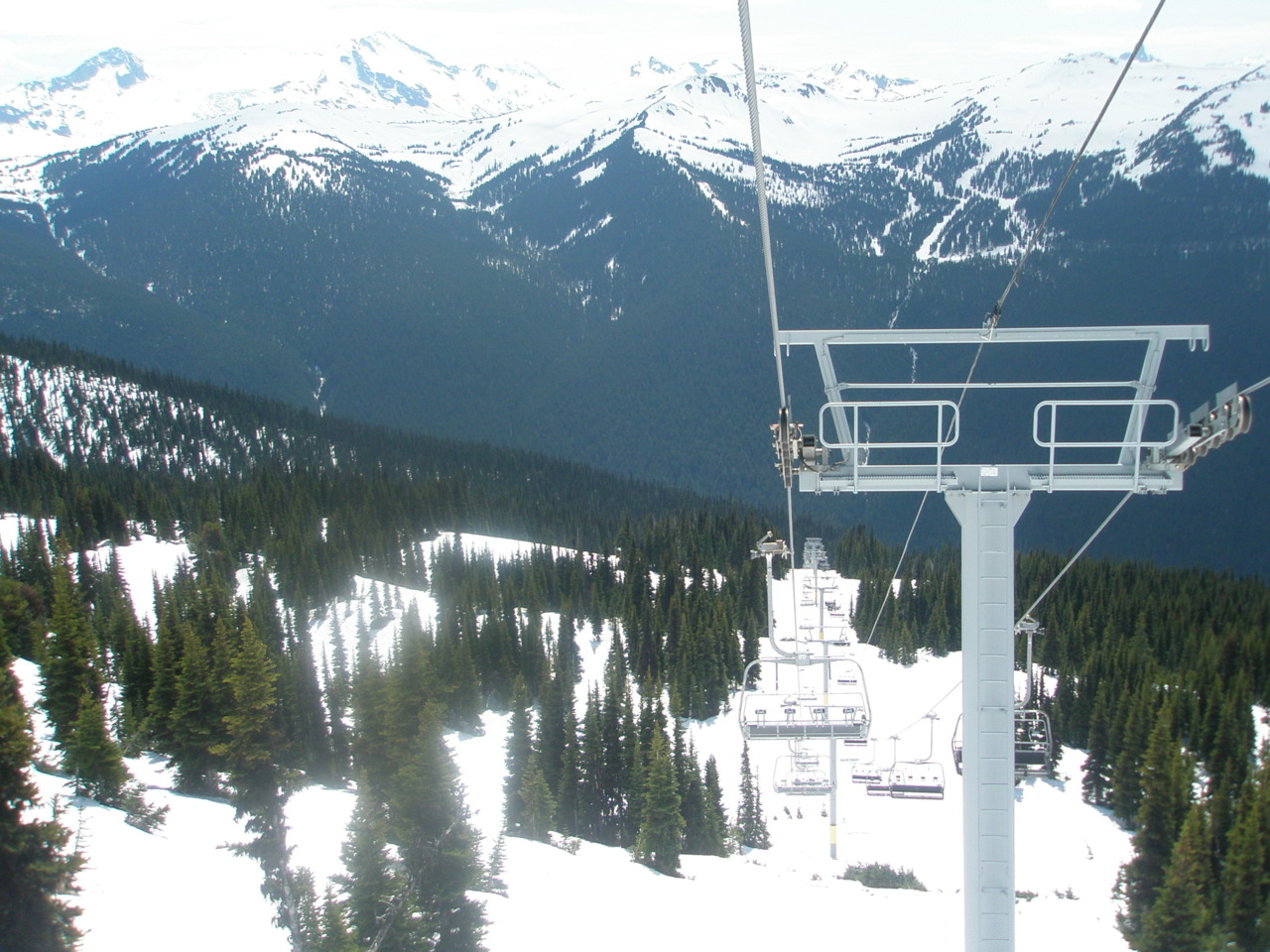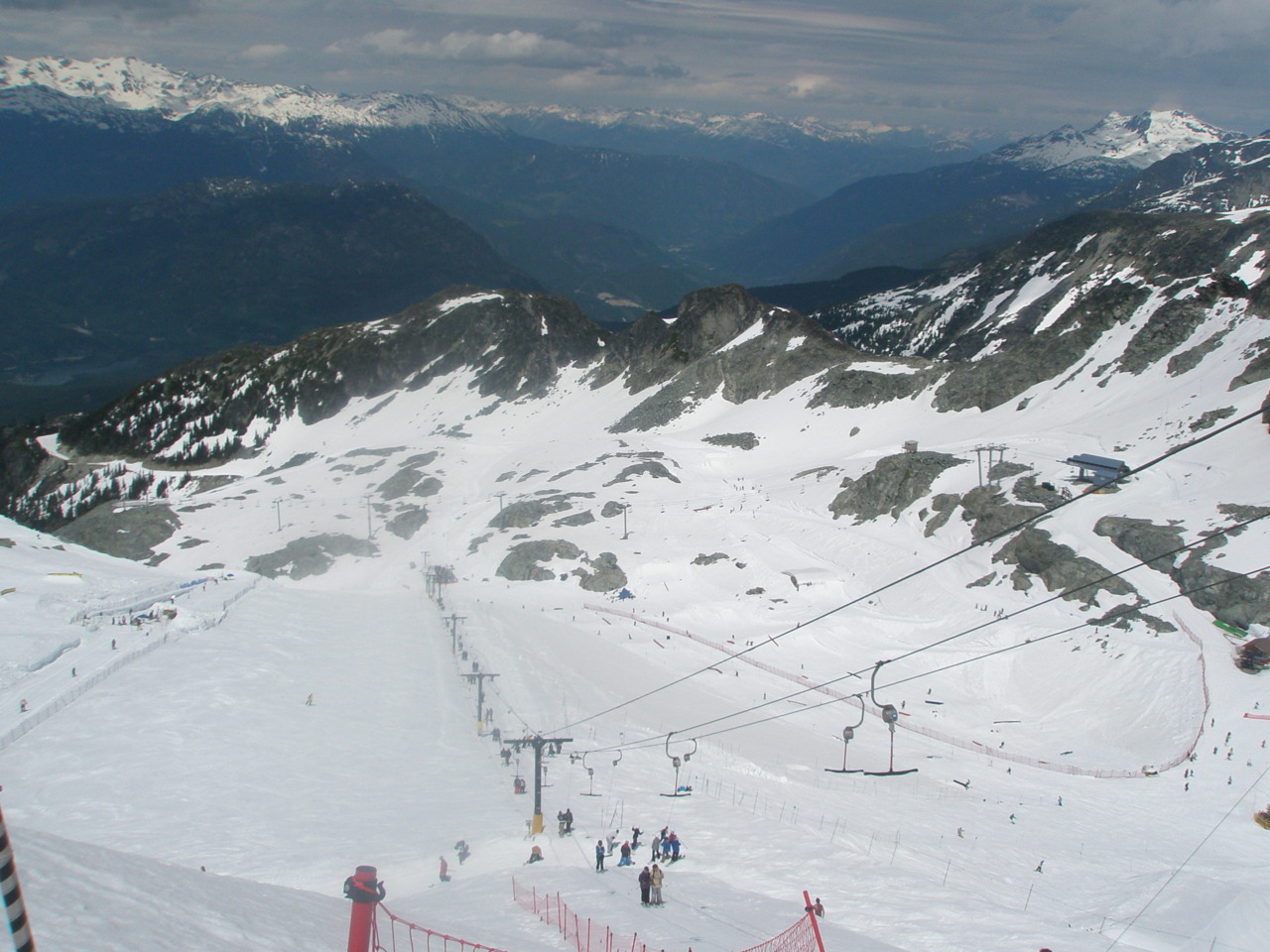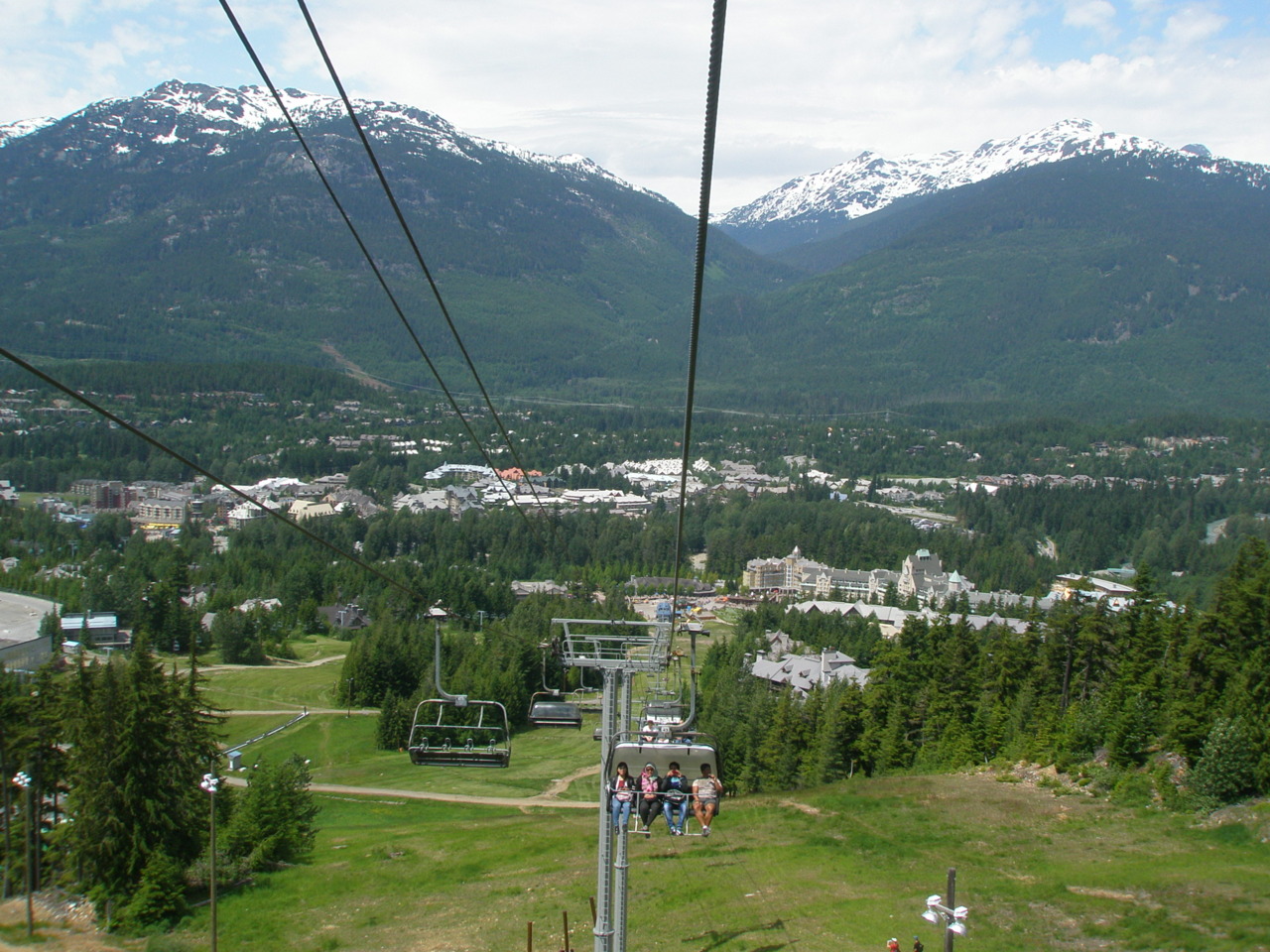Recent environmental historians have mocked Roosevelt as a weekend warrior, an urbanite with money to burn who bought himself a ticket to the wilderness for a few weeks and then returned home. At face value this analysis is true. But from the perspective of 2009 Roosevelt’s desire to connect with nature to rejuvenate himself has proved ahead of its time. Today only 1.9 percent of Americans are living in rural areas, compared with 40 percent when “The Wilderness Hunter” was published, so Roosevelt was anticipating a modern trend. As of 2008 Jefferson’s agrarian vision of the homesteading of the West were kaput. Even Thoreau’s back-to-nature ethos, based on self-reliance, which had a revisionist run in the 1960s, had become cultish at best, a matter of a few survivalists holed up in forlorn mountain cabins in the Sierra Nevada or Appalachians. But Roosevelt’s notion of extreme wilderness experiences in short fixes has become widespread. Shooting the rapids, mountain climbing, rappelling – Americans crave an extreme fix from nature in hundreds of different waves. Whole cities such as Boulder, Eugene, and Asheville cater to consumers of nature like Roosevelt: claustrophobic city dwellers and suburbanites desperate to encounter a rare bird or cypress grove or desert ecosystem before it all vanished.
A not old person went to the observatory with me!
By sitting in the lounge/kitchen area most nights I have come to be at least recognized by my hostelmates. Many of them are here looking for an apartment or just working and so have either already spent a few months here and/or will spend several more. So, while many of the travelers come in, sleep for the night, and leave unnoticed, there continues to be a core group of people that come together, learn each other’s languages, swap dialects and tennis lessons, and of course tell stories. On Friday night most people were off from work for the week and looking for something to do. A core group of people were going to a dubfx concert, but the ticket was a little too expensive for someone I had never heard of. Walking from my car back to the hostel I ran into another smaller group on the street, one proudly displayed a coconut he had just bought and sipped serenely from it with a straw. Another girl had just bought a tiny liter of chocolate milk. I asked them if anyone wanted to go to the observatory with me and though I got a few laughs, my roommate of all people was thrilled to come along. We had exchanged conversation briefly before, the simple details of why are you here, where are you from, etc (she is a dancer teaching summer camp and from Montreal) but we hadn’t really hung out. We walked the hour to the observatory discussing the various tourist things we had gone to and what jobs we were applying for in the coming months.
When we got to the observatory, a large telescope sitting neatly beside the science museum, everything was dark. I apologized profusely, knowing I had thoroughly researched the dates and time, but when we tried the door, it magically swung open and we stepped cautiously into an incredibly dark entryway. To the right awfully eerie space music was playing (I don’t know how else to describe it – it wasn’t like electronic and dancey, it felt like it should be the soundtrack for some Deep Space Nine mission). So of course we walked toward the creepy sounds, passed beneath one more doorway, and entered into a room lit by glowing red computer screens and filled with whirring noises of the telescope slewing, the dome above maneuvering, and the human operators grunting at the sight of clouds. Within minutes we were shown an incredibly close view of the moon and the rings of Saturn. We hung out for a while longer, discussing the international space station, the last American shuttle that had launched earlier that morning, and the fact that this was a terrible location for a telescope (lots of rain from the mountains and light pollution). At midnight, the observatory closed up shop and my roommate (why am I so terrible at names?) and I walked back along the water to the hostel.
A day or so later, one of the guys mockingly asked how the planetarium was. My eyes lit up as I responded that it was really awesome and he should have gone. Which of course ushered in the question: “how old are you?” Always ready to defend both my age and interests, I retorted, “Have you ever seen Saturn’s rings?”.
Dr. Sun Yat-Sen park
The Grouse Grind is stupid
Why do I only get along with old people?
Like actually. I have tried to hang out with fellow hostel people twice. The first time I was staying at the “party hostel” and was down at the bar, some fruity drink in hand, looking for a small group I could easily mesh in to. I found one with two Swedes, two Aussies, and the token Kiwi (I realize how strange that sounds but actually there are Kiwis everywhere and yet there is only ever one per group/hostel – I don’t know why, but this has been scientifically proven in my small scale studies). When the conversation switched from one dull topic to another until it finally reached an entire discussion on Nachos, I had to leave. The second time I was at my new, “quiet” hostel, hanging out in the lounge on my laptop and at first just talking with two Canadian nursing students. Then four guys came in (a German, two Aussies, and the token Kiwi) and shifted the conversation. Though the nursing students were pleasant enough, it was impossible for me to keep interest in a conversation discussing how one of the Aussies was able to get a Visa despite two DUIs or the hostel staff’s reaction to feet dangling out of windows. I have mastered the quick introductory statements of hi, where are you from, how long are you staying, do you want me to take that picture for you? Easy, simple, almost memorized statements – not in a robotic manner or something like I have no social skills, but in a I’ve-repeated-this-story-twelve-and-a-half-times-already sort of way. But actual, interesting conversation seems to be lacking from my peers in Canada thus far.
Except for old people. I went to the most amazing museum of Anthropology at UBC today and was fortunate enough to be just in time for a guided tour. I have been through enough of these things to recognize a carefully laid out exhibit and to appreciate the artistry of a good guide – and this guy was a fantastic storyteller. After the tour though, he kind of sauntered away from the crowd and sat in a chair in a lonely section of the museum. No one thanked him at all or even approached him except to ask where the bathroom was. So I walked over and immediately struck up a conversation. I asked if he was a professor and glowing with pride he responded that he was just an enthusiastic volunteer. Before long he was looking up museums for me to look into in Washington, giving me another mini-tour of the museum, and exclaiming that I should visit a set of islands off the coast that not only still housed many of these totems but also was brimming with a biodiversity rivaling the Galapagos (like I said, he was a pretty good orator). I had told him I was shocked at how late some of the Indian disease outbreaks had occurred (1750s) and he responded that the area had only been “discovered” by Europeans a couple decades beforehand. My college (W&M) had graduates before anyone even knew this area existed. So cool. I begrudgingly left his side to tour the rest of the museum on my own. In the gift shop a man approached me asking if I knew anything about the bus system. I replied that I was clueless and about to ask the front desk about it myself. I bought a postcard and pretty soon he and his friend came back to me with new found information on where to go. These two guys were about thirty, maybe a little older, and English teachers from Sweden on summer vacation (I sang the song Gay or European from the Legally Blonde musical several times in my head, but ended with no conclusion). They gave me one of their bus passes and we struck up pretty interesting conversations on the way schools work, the sights of Vancouver and Seattle, and various other things. When we got off the bus, we weren’t done talking, so we grabbed some nearby pizza and had dinner together. When I left for my hostel, yet again this felt like a legitimate goodbye instead of a ‘thank-god-im-done-talking-to-you-cause-I-was-out-of-meaningless-conversation’ sort of goodbye.
I suppose its high hopes to think that every stranger you run into will immediately have vibrant William and Mary-like exchanges, but I would like to leave one of these hostels having had an intelligent conversation with my peers. It’s not like I’m that mature, in fact I feel like I’m usually known for being immature, so I just don’t understand. Wish me luck.
First Peoples of the Pacific Northwest
Downtown Vancouver
Granville Island, Vancouver
Vancouver skyline
